Mary's Festival: A Celebration & Consecration of St. Mary's University to Our Blessed Mother5/12/2024
1 Comment
"We urgently need more vocations in our diocese—to Consecrated life and the Priesthood. Without everyone's involvement, how can we hope to see an increase in vocations?" Sr. Dianne, Assistant Director of Vocations, posed this compelling question at the Vocations Rally on Good Shepherd Sunday, April 21, at St. Michael’s Parish in Calgary. “We really need to get that soil prepared so that the seeds of vocation can fall into it, and they can flourish,” she continued. Indeed, this was the driving force behind gathering the faithful at the Vocations Rally, aiming to enlighten us all on how to create such nurturing conditions. The event, co-hosted with the Benedict XVI Institute from Newman Theological College, was a hopeful beginning for fostering vocations within our diocesan community. With more than 400 attendees, including pre-registrants and walk-ins, the Rally kicked off with Mass at 11 am, led by Fr. Edmund Vargas. Afterward, attendees were invited to enjoy a delicious lunch prepared by the Knights of Columbus in the narthex, and explore various booths featuring Religious brothers and sisters, seminarians, and vocations advocates before the start of the presentations. Fr. Cristino, Director of Vocations, shared his astonishment at the turnout and the discussions he had in the days following the rally. “It was impressive to me, first of all, how many people were in attendance. But the follow up conversations I've been having with people all week clearly indicate that they were deeply impacted by all of the sharing they received in that brief time together!” But this comes as no surprise. The insights shared by each speaker, combined with the sense of community encountered at the Rally, were a true renewal experience.
Videos from the Vocations Rally are available here:
Videos courtesy of St. Michael's Catholic Community. The Office of Vocations is very thankful for the Vocations Rally Planning Team, Benedict XVI Instittute of the Newman Theological College, St. Michael’s Parish and Diocesan staff, video and photography team, Knights of Columbus, Seminarians, Consecrated Life members, Serra Club of Calgary, and many others who supported the Vocations Rally and came to support our Diocesan effort to create a culture of vocations! We wouldn’t be able to do it without you.
Photos: Bandi Szakony, for the Diocese of Calgary After a successful launch of Alpha at the parish as part of our community’s response to the synodal process, it was a natural progression to bring Alpha Youth to the students at St. Joseph’s Collegiate (SJC). SJC is a grade 9-12 Catholic school in Brooks, with about 460 students. We cater to a diverse community, with a wide range of cultural and language backgrounds, as well as varying practices of faith – most students non-practicing, many nominally and some practicing Catholics, some ethnic orthodox denominations, as well as a growing number from other Christian church communities. Just before the start of the school year, we committed to running the Alpha Youth series in our school during our 42 minute lunch break. Four staff were recruited to facilitate groups, the supervision schedule was adjusted to free us all up at the same time, and we started online training and promoting. The Alpha Canada website has training videos, print resources, digital and print media for promotion, suggested schedules and to-do lists based on the timeline of one’s Alpha session, with access to mentorship and online support. It is all high quality, and user-friendly – even the copyright guidelines. Alpha has a simple format for success: share some food, watch a video, discuss.
If it is true that if you feed them, they will come, it is even truer with teenagers. When we first started promoting our series at the school, the initial uptake was from a few practicing Christians looking for a place to gather with other faithful students – many of them already familiar with Alpha from other home churches – but as we started to get community commitments to provide food, and let the students know lunch was included, more students showed up. Overall, we have had a consistent 24 students who have made most if not all of the sessions, and probably had another dozen or so who checked it out a couple of times at the start. We have had three consistent small groups and the students are really receptive to the topics and getting into good discussion with their peers. Feedback consistently sounds like: “I love my group, so my favourite part is discussing ideas, expressing my thoughts, and listening to other’s opinions.” Or, my favourite part is “the connection and community.” Reassuringly we even gotten, “the food is great, but I also enjoy hearing other people’s perspective on the questions.” Almost half of the students are in one group, and do all of the discussion in Spanish; we are so blessed to have diverse staff as well as students so that we can facilitate this! (The first version of the Alpha Youth series is available dubbed in Spanish and other languages, so we will be looking at using that for an all-Spanish session in semester II.) We are nearing the end of our first session, and have just had our retreat day. It ended up working best to run after school on a Friday, to save the need for rides. With our short lunch hours and the gradual introduction to prayer, it was our first opportunity to really dig into prayer with each other. It was such a blessing to hear students praying for each other and to have the opportunity to pray within small groups. We had worship with great participation, led by one of our staff, and we were so blessed by members of our parish with meals and snacks for the day. The spring session at the church had such a positive impact on participants, that they have been very quick to support our youth session at the school – mostly by helping with food! Overall, just like the spring session at the church, our first Alpha Youth session has been awesome! The smiles on student faces as they come in for lunch, and join with their groups, are such a reassurance that Alpha has been an appreciated opportunity our school. Furthermore, the participating students are keen to get involved in hosting and helping with the next session, and are starting to prayerfully consider who they will invite to the next round. One thing emphasized in the planning is to make sure participants have a way to continue involvement after Alpha, so we will run the next session with them as the hosts of the small groups. They are excited to keep the conversations going to continue to explore and deepen their own faith, and to share it with their peers. God is Good! Submitted by Natalie Sturch, teacher at St. Joseph's Collegiate, Brooks,
Photo credit: St. Joseph's Collegiate. Poster: Alpha Canada.
Daniel Tang confesses, “I have never left the continent before, nor have I ever camped outside; I have not flown across the ocean, and I am usually uncomfortable in large crowds.” Yet in this monumental leap, Tang is prepared to step beyond his comfort zone. He is one of the 40 pilgrims from St. Francis Xavier Chaplaincy (SFXC) leaving for Lisbon, Portugal for World Youth Day (WYD) 2023, accompanied by Fr. Cristino Bouvette and Fr. Santiago Torres. He further shares, “This theme that Mary arose and went with haste (Luke 1:39) reminds me to trust in God's providence on every step of the way - to have no fear of the unknown, and to have peace and know that He will provide.”
A special visit to Our Lady of Fatima While many are keen to explore Portuguese culture, encompassing its food, architecture, music, and history, a significant part of the excitement surrounds visiting the Fatima apparition site and understanding the miracles of Our Lady of Fatima during World Youth Day 2023. Group leader Catarina Avila, a native Portuguese, is especially excited to share her culture with fellow pilgrims. “As a Portuguese citizen who grew up in a faithful Portuguese family and vibrant Portuguese culture, I am thrilled that I am able to share my culture with my fellow pilgrims going to World Youth Day!” she exclaims. She adds, “Above all, I am honoured to be able to have the opportunity to delve more deeply into the message of Fatima with the pilgrims.” Her anticipation for visiting the Fatima site resonates with many, including Kathleen Brul who says, “I've never visited a Marian apparition site before, and Our Lady of Fatima holds such a vital place in Portuguese history.” Kathleen also reveals that a pivotal moment occurred during a Mass at the Commonwealth Stadium in Edmonton last year, when she was navigating a difficult period in her life. This experience ignited her journey of faith. “Pope Francis' papal visit set my heart on fire for Jesus … I finally felt free from all the things that had kept me away from true joy and fulfilment,” she says. “I decided to go to World Youth Day to celebrate the joy and peace God has blessed me with throughout this past year…” Mary Arose and went with haste (Luke 1:39) The theme for World Youth Day 2023, "Mary arose and went with haste," has sparked various interpretations among participants. Some view it as a motivational call to disseminate the Gospel promptly, while others perceive it as an encouragement to trust in God's divine plan. This theme truly encompasses Mary's faith and obedience, inspiring participants to leave their comfort zones and welcome the unknown with joy. Cameron Bluekens reflects on this, saying, “Mary didn't delay in spreading the Gospel. It was the presence of God in her that moved her to share the Good News with zeal and generosity - I would like to be blessed with the same virtues.” For pilgrim Jonathan Dobek, the theme for WYD 2023 speaks into a specific action. He says, “After WYD, with Mary’s help, I will get up and in haste go to seminary to discern and learn what God has in store for me.” Jonathan has been accepted by Bishop McGrattan to enter St. Joseph Seminary in Edmonton as a seminarian for our Diocese, beginning the last week of August. Our young adults have also shared a variety of hopes for their attendance at World Youth Day. Some express a desire to strengthen their faith, charity, and zeal, while others aim to better incorporate their faith into daily life. Elizabeth Spiess and Mark Oswald look forward to forging new friendships during the World Youth Day 2023 pilgrimage. "I also hope to deepen my connections with old friends," adds Mark. Simultaneously, Elizabeth envisions contributing to the growth of youth ministry in her parish. Andrew Min concluded his thoughts by sharing that he aims to inspire other young adults with his experiences from this spiritual journey. He hopes that his stories might encourage them to consider embarking on this pilgrimage themselves in the future. Despite their individual aspirations, there is a shared openness to the spiritual journey that this pilgrimage may offer. Daniel Tang wraps it up by saying, “I truly believe that witnessing the Living Universal Body of Christ would bear much fruit to be shared back in our respective Dioceses.” CCCB press release: More than 5,000 Canadian Youth are making their way to Lisbon, Portugal to be with Pope Francis, from 1 to 6 August 2023. The Holy Father will join more than one million young people for World Youth Day (WYD). The first international World Youth Day was held in 1986, and the event was hosted by Canada in 2002, with Pope Saint John Paul II making the pilgrimage to Toronto. Read more My 95 year old mother did not know a grandparent, a cousin, an aunt or an uncle growing up. But it is like the Lord is making up for what she did not have, as now there are close to 90 of us with our families and children and grandchildren and great grandchildren. Truly, the blessings of abundance are bountiful! Celebrating the third World Day for Grandparents and the elderly is especially heartwarming for me this year. First, to be a grandparent to 11 on earth, and to have my own mother still with us as a grandmother and great grandmother is truly a blessing. The alignment of the World Youth Day preparations with the celebration of this day serves as a reminder for young adults to appreciate the gift of their grandparents. As they participate in the festivities in Lisbon, Portugal, this year's World Day for Grandparents and Elderly theme, "His Mercy is from age to age" (Luke 1:15), echoes a message that God’s eyes are always on us. Taken from the Visitation of Mary to her cousin Elizabeth, this verse speaks volumes of the generations who celebrate in this Mercy. 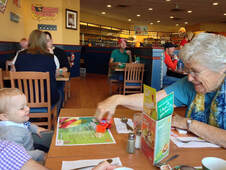 The connection between the young and the old is vitally important. Whether it is being there as a grandparent to offer support and wisdom, or whether it is accepting the outstretched hand of the young offering help, both are so very necessary. Even if your grandparents are no longer with you, there are many elderly waiting to receive the touch of a grandchild figure, or for them to be a grandparent to a child. During the pandemic when care facilities, and other living accommodations were closed off to visitors, our family came up with an idea to be able to see mom everyday by using FaceTime. This allows us to pray the daily rosary with her, to bring to prayer those who had special needs, and to remain connected. For over 2.5 years we have continued the practice as a family, and those who are able to join in can do so on any given day. There are countless ways to maintain strong connections with our elderly loved ones, and each small effort can make a significant difference. Looking for ideas?
As grandparents we experience the joys and sufferings of each of our children and grandchildren. There are special needs, and there are many ways that we can be a blessing to our grown children and our grandchildren. I always recall with great gratitude the many times my own parents took our children, and the mercy shown to us when we were young parents. It is this boundless mercy shown to us that I desire to pass on to our own children and grandchildren. Those blessings that we received as young parents are still felt today, as I reach out to, and try to provide a place of secure welcome to our own grandchildren. To witness to, and to be there for our grandchildren, as our presence is required, allows our grandchildren to receive so many benefits of family living united in the hope and the promise of the gospel message. We are called to be there, and to especially be there for our aging parents / grandparents. To be a sign of hope in a culture that wants to cancel people is so very important. It means taking a stand and to pray through our current culture, while keeping our focus on what brings life. To be people of hope, when all hope seems diminished stands as a beacon for the world. God’s plan is so much bigger than what we can imagine, and we can be that sign of hope for others. It is not about a “perfect” life, it is about allowing God’s will and His plan to unfold for our lives, having the cross at the centre. It is about caring for those that God puts in our path. The love and respect given to and from grandparents can never be diminished. When cultures are cancelling the weak and the vulnerable, it is time to stand up, and be counter cultural. Let us be the “voice of one crying out in the wilderness” (Isaiah 40:3). Do not be afraid to be the one to show His Mercy, and to respect the life we have been given from conception to natural death. My grandfather, when asked how to raise children, simply said, “teach them their faith, and use good common sense.” Today this is still sound advice, so simple and yet so true. His words of wisdom have stood the test of time. As we navigate through this complex and unforgiving world, let’s revisit this advice, and may we proclaim with boldness the message of mercy to our grandchildren.
I heard the advice that if we want to grow in spiritual childhood and the gift of prayer, we should ask God to show us children at play, or with their parents. I used to work as a recreation leader for free after-school programs and day camps. What a treasury of memories this experience holds for me! Upon reflection, I feel compelled to share my experiences with the young children, as they served as a reminder of how I was called to rely on his presence as the Caring Adult in my life, especially during this special month dedicated to His Most Sacred Heart. One young man I knew from the after-school program, who I’ll call John, was 12 years old. I could see that his life was full of pressures: from his teachers who misunderstood him, abusive parents, and friends who pulled him down into the foolishness of youth. During our program, he would chat my ear off while simultaneously refusing to listen to my clear instructions. He really was quite challenging to manage, but I knew that God had made him good, and that the best place he could be during those evenings was our safe little room in which we held the program. The after-school program room was full of posters with positive sayings and chairs for the children to sit in. It was no larger than the average Adoration chapel. I loved sitting at the front, teaching the children simple social and emotional skills, and seeing their little eyes attend to me. I was delighted in every face I saw and the voices that I heard. Every so often, John would miss our program after school, preferring the excitement of his friends or video games to the calm order of the program. Because I knew he belonged there, I remember standing at the door and watching for him, allowing my heart to hope that he would come again. I also treasure the memory of a little girl who I’ll call Mary. She delighted us leaders very much, because she was always following us around, or sitting with us, telling us everything that came to her mind. Though she could be mischievous at times, whenever we corrected her, she would genuinely apologize and make an effort to do better. She was not discouraged when we reprimanded her but stayed as close as ever and audaciously expected to be loved, which she certainly was. My least favourite part of the job was giving First Aid to the children. One time, a young girl came to me with a splinter in her palm. I thanked her for her bravery in showing me, then reluctantly retrieved the First Aid kit. Using the plastic tweezers, I removed the splinter out of her hand. I cringed as she cried out in pain, but we both knew that it had to be done. She left my little “doctor’s office” smiling and calm, free to play again. During some professional development sessions, I learned about the importance of each child having a caring adult in their life. This person would be someone who sees and understands the child, expresses personal interest in their life, fills them with hope for the future, and encourages them amid the inevitable challenges of childhood. The mere presence of such a person in a child’s life, I was taught, can determine their capacity to flourish as a human being. Without receiving love in such a way, the likelihood of a fulfilling and happy adult life may diminish. Jesus reveals Himself as the Caring Adult whose Sacred Heart has a special spot for each of us. When we ask for the grace to approach Him in Adoration with faith and repentance, He knows how to teach, encourage, forgive, and heal us. This year, I signed up for a holy hour at St. Anthony’s after reading on their website that “Many rich blessings are bestowed on those who regularly adore Jesus, truly present in the Blessed Sacrament.” With a hopeful heart, I committed that time to be with Jesus, a little like the children who chose to come to our programs. He has not disappointed me. He will not disappoint you. In our diocese, a wide range of Adoration hours are offered at parishes across the Diocese. Adoremus! Let us adore Him!
Adoration Hours schedule (Summer & Fall 2023)
Monday
Tuesday
Wednesday
Thursday
Friday
Saturday
Sunday
Note that hours may change without notice. Please contact the Parish Office if you are not sure.
Let us spend the National Week of Family and Life (NFLW) 2023 united in prayer, reflection, and action, demonstrating our active support for family and life. Indeed, families are “guardians of life” when we love one another within our families and in wider society when we show kindness toward and care for the vulnerable and marginalized.
Note: Day 1 can begin anytime! We want to ensure everybody has the opportunity to join in and take part in this wonderful experience. Don't worry if you missed the start of NFLW, you can join in and start participating in the daily prayers and activities from any day.
Source: National Life & Family Week Daily Prayers & Activities, CCCB, 2023
An invitation from Sr. Dianne Turner (Assistant Vocation Director of the Diocese of Calgary) to young and unmarried women:
Maybe you have a sister, and you have fun times with her, but this is about Religious Sisters having fun together, you know, the ones people call Nuns (though Nuns are a type of Religious Sisters who live a cloistered life in a monastery. If you want to know more about this distinction, just ask). So, we Sisters decided that we would gather for a night of fun and conversation, pizza supper, and Night Prayer. Personally, I am looking forward to playing some games because I truly enjoy card games, board games, charades, etc. Then we thought it would be great to invite young, unmarried women to hang out with us for this evening, so that we could get to know each other in a lighter setting and build our friendship. What a blessing it would be to meet young women who want to get to know us. It's an opportunity to make new friends, and catch up with some old acquaintances! Perhaps you have questions you would like answered without anyone knowing that you are talking to the Sisters. Maybe you want to meet Sisters from a variety of communities. You might simply want to have a lovely evening of free pizza and conversation, fun activities, and night prayer at the end. You might even consider bringing along a friend and your favourite game to play with the Sisters. What could be a better way to spend a Friday evening? The FCJ Sisters have kindly offered Sacred Heart Convent for the evening, located behind St. Mary’s Cathedral at 219-19th Avenue SW, Calgary from 6 to 9 p.m. on Friday, January 13, 2023. Please let us know if you are coming by Thursday, January 12, 2023, by contacting Sr. Dianne at 403-218-5504 or email [email protected] so that we can order the right amount of pizza (meatless of course, because it is Friday). If you or someone you know is experiencing a mental health, suicide or substance use crisis or emotional distress, reach out to Alberta Mental Health Helpline 24/7 to 1.877.303.2642 or Access 24/7 at 780.424.2424 Dear October, For the past two years I’ve lost a loved one to suicide inside your month. There – I said it. It’s been a quiet grief. These have been difficult deaths to process and, not knowing what’s acceptable to say in public, I’ve kept mostly quiet out of respect for those who mourn. And yet, I am also mourning. My pain is real and it remains. Same too with the unanswered questions which linger, like debris that’s sunk to the bottom of the ocean – still there, but normally out of sight. Autumn has been unusually warm and charming this year. The golden leaves that glisten skyward in the hot sun. Jupiter hanging out at sundown next to the moon. It’s been hard to reconcile today’s beauty with yesteryear’s yearning for one more chance to show that it’s worth waiting for brighter days. This October, a new chance presented itself. My heart began to pound when I missed a call from my friend, a single male in his 30s. His profile resembling that of the ones I’ve lost to suicide. In haste, I dropped everything to call him back. Once the initial catch-up chit chat tapered, I expressed my concern and asked: “How are you doing?” 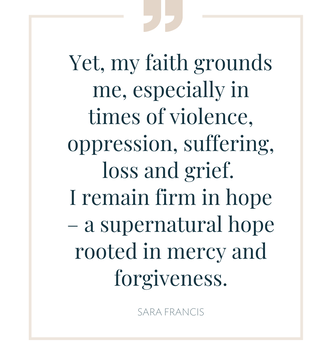 He said he feels fine for several weeks. Then for a week he can barely drag himself out of bed. The depression. The anxiety. This time of year is worse than the dead of winter, at least then he can skate and ski. The warmth and light of summer is exchanged for cooler, darker, shorter days. These destabilizing changes upset familiar routines. Autumn is the toughest time of year for him. I felt sincere gratitude that he put words to his pain. I was so thankful that he reached out. Because, if he hadn’t, I wouldn’t have known how he was feeling and I wouldn’t have known he needed support. Only God saves, however, I can be a source of support pointing toward the light. I want him to know what I wanted my cousin and friend to know, and what I want you to know too: You are loved. You are wanted. You are an irreplaceable gift. The world needs you. Your pain is not a burden. It unlocks compassion in this oftentimes cruel world. You are responsible for your wellness, but I want to be present to you. You are not alone. This too will pass. I’ll stand alongside you until it does. I love you. And God loves you more. October, my eyes used to be unaware of your underbelly. Until the shock. The agony. The confusion. The guilt. The anger. The reflection. The compassion. The remembrance. The magnitude of these feelings that were once foreign but have now become familiar. Lost innocence. No turning back. This is what it means to be human in relationship with other humans. Love has shattered my heart. Yet, my faith grounds me, especially in times of violence, oppression, suffering, loss and grief. I remain firm in hope – a supernatural hope rooted in mercy and forgiveness.
15 Minute Video Presentation of the Pastoral Letter
Perhaps you have gone through difficult times and received unhelpful but well-meaning comments. Maybe you just heard yourself say something that didn’t come across as well as you thought it would as you tried to console someone. Watch this video and learn some tips on knowing the right things to say as a personal mini sensitivity training.
Feeling socially anxious? This video may help. Learn about the spotlight effect and see if this applies to you and your thoughts. If it does, calm down, walk into the room, and be yourself.
Five o’clock. First light was beginning to peek through the blinds of our fifth wheel camper. I pushed past the temptation to remain snuggled under the blanket and forced myself out of bed. I was going to do it - I was going to climb a mountain (okay, a hill) to watch a sunrise and sit in the presence of my Heavenly Father. My family was spending the first week of August at Dinosaur Provincial Park, joining my in-laws for a four-day adventure in the hoodoos. Our first evening at Dinosaur Park, we’d trekked to the highest point to get a full 360 of the oddly picturesque World Heritage Site. It’s an incredible anomaly among the flattest of prairie, and it’s one of the most breathtaking landscapes I’ve ever experienced. Anybody who’s been to Dinosaur Provincial Park, 43 kilometers northeast of Brooks, knows exactly what I’m talking about: after driving through miles of prairie, the world suddenly opens up. Sandstone-striped hills, hiding who knows how many millions of fossils, seem to go on forever. Standing at the top of the mountain (okay, again, hill) and breathing in the majesty of God’s creation, I had the bright idea to climb again one morning during our trip to take in a prairie sunrise over the hoodoos and hills. Our first night camping was fraught with high winds, deafening thunder, and sheet lightning, which encouraged me to sleep in snugly that first morning (cozied up to my nine-year-old daughter, who tucked in with us at the first roll of thunder.) The following day, however, my internal alarm went off three times before I finally arose to first light at 5 am, pulled on a hoodie, and quietly slipped out of our camper while the rest of my family snoozed away. It was quiet and dark enough that I felt a little bit disconcerted (I’ve seen a rattlesnake or two at the park), but as I began my ascent, my desire to be with God on a mountaintop (hoo-doo top?) outweighed my fear. The climb was steep and slippery in running shoes, and I laughed at myself as I huffed and puffed towards the top, bolstered by Al McGuire’s quote: “There’s no one who’s dropped on top of the mountain. You’ve got to work your way to the top.” After slips and slides and gratitude that I had no witnesses, I arrived at the apex, took a deep breath, looked around, and prayed: Lord Jesus Christ, Take all my freedom, My memory, My understanding, And my will. All that I have and cherish You have given me. I surrender it all to be guided by Your will. Your grace and love and wealth enough for me. Give me these, Lord Jesus, And I ask for nothing more. Amen. 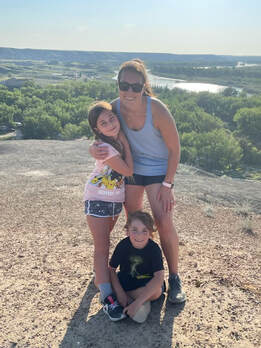 I’d never heard Saint Ignatius of Loyola’s prayer until Father Raul Hernandez, former pastor of St. Mary’s Catholic Church in Brooks, introduced me to it. It’s a prayer that I hold dear to my heart; it’s the prayer that I turn to most often, especially when I’m experiencing something uncomfortable or discouraging. I’m writing about a mountaintop experience, which juxtaposes quite jarringly with the valleys my soul had been experiencing as of late. I’d been suffering from bouts of crippling anxiety since school let out. When I’m not teaching, my mental health tends to take a dip - I slug through the valleys of dark days, sustained prayer and platitudes (as well as adherence to exercise and diet.) God has given me many tools to help me keep my head above water when anxiety sets in. When I’d finally made it to the top of the hill, I realized that I wasn’t alone: having neglected a good dose of Deet, I was joined by mosquitos, happy to keep me company as I attempted to pray and settle quietly into God’s presence. It was almost laughable - I’d stolen a moment to myself to be still, and I was busily swatting away the most loathesome of insects. It was tempting to sink into defeat, something that anxiety preys on greedily, but my repeated dedication to Jesus kept me mountaintop for over an hour. Praying… and swatting. I watched the sandstone ground warm from grey to brown as the slow light began spreading its way westward over the hills, painting everything the colour of morning. I listened to coyotes howl from the south, answered by packs from the north. I watched a flock of Canada geese in their V formation, and listened to birds honk along the shores of the Red Deer River. I sank into the majesty of God’s kingdom here on Earth. Mosquitoes and all, it was a literal mountaintop (okay, hilltop) experience. On August 6, we celebrated the Feast of the Transfiguration. After I shared that I was writing about my mountaintop morning, a dear friend of mine noted how, when prompted by Peter to set up camp at the top of the mountain, Jesus and His disciples came back down shortly after. They didn’t even stick around much longer after God acknowledged His Son. “We can’t stay in the mountaintop experiences. Even the disciples didn’t,” she noted sagely. She then asked, “what kind of transfiguration did you experience that morning?” My mountain morning allowed for a transfiguration of my hurting heart. Anxiety doesn’t just slip away at will, but God always brings me back to His love, despite the temptation to despair. Climbing the mountain may not have entirely quelled my anxiety, but I was reminded of God’s great love for me as He painted the skies, and I returned to my family with an assuaged soul (and a million mosquito bites.) His grace and his love were in abundance that morning. Give me these, Lord Jesus, and I ask for nothing more. Amen.
One of the most interesting things I learned from my Gong Gong, which is Chinese for “grandpa”, was that he grew up as the tenth child in his family. That came as a profound struggle for him since his family wasn’t well-off, and as the tenth child he usually perceived or felt the lack of parental comfort that his older siblings would get more regularly. He told me this story because I, on the other hand, have grown up as an only child. This difference in growing up is how a lot of my conversations with him have centered around life advice founded in the principles of gratitude, perseverance, and honesty. I am only able to see him in person every summer for about a week or so, and I take his lessons to heart, especially now that I have been unable to go visit him in precaution of his health. Gratitude was the first and often returned to principle that my conversations with my grandpa would go. Primarily since I was an only child, I had no siblings to worry or quarrel with regarding attention or care from my parents, which is why my grandpa instilled into me how wholly grateful I should be when I’m looked after regarding all matters of my life: food and water, shelter, education, and most importantly, a parental devotion to forming my initial relationship with God. Since my grandpa told me tales of feeling neglect, I understand that he instilled this value into me because he wanted to emphasize how extremely blessed I am and should never take it for granted. There still are, unfortunately, times when I do take blessings for granted. However, this is where the principle of perseverance becomes critically important. I have to admit and take responsibility for arguments and mistakes I make, which is embodied by the occasions where I would argue with my grandpa since I couldn’t quite understand what he was talking about. The key takeaway from these admittedly unpleasant interactions is that after I apologize and more closely listen to him, I do not beat myself up over the argument or misunderstanding. This also goes for when I am trying to convey something to him; something that I perhaps have great difficulty explaining to him in a way he can understand, and the perseverance he helped instill in me allows me to find that way. I still cannot imagine how much he had to persevere as the tenth child in order to make his views or opinion known to his parents. This perseverance can then be carried over to many other pursuits in my life such as education and career. As I’ve discussed with my grandpa, these two principles of gratitude and perseverance become tightly interwoven with the principle of honesty. Gratitude for blessings must be genuine, it cannot be flippant or sarcastic as that is not only disingenuous, but also a new source for arguments or making ungratefulness even more apparent. When it comes to perseverance, my grandpa helped me to draw a line between the two unhelpful extremes: giving up or setting boundaries too early, or not setting proper boundaries for myself. Honesty is required to temper both extremes and find a proper balance. For example, a particular lesson my grandpa gave me over one summer vacation was regarding the emotional drama that I found myself wrapped up in during my high school years. He told me that it was good that I wanted to do my best to help my friends through the drama, but that it should not come at a cost to my own emotional well-being. I realized after that particular conversation that I had to give up and properly step away from the emotional turmoil I had gotten entangled in during high school; and that ended up preserving my emotional health so that I could graduate from high school. I haven’t been able to visit my grandpa in a long time, and even though we do video calls and occasionally send emails, nothing is comparable to being able to physically talk with him face to face. In honour of 2022’s World Day for Grandparents & the Elderly, I wish to convey my heartfelt gratitude to my grandpa for all the lessons and advice he has given me so far in life. I pray to be able to visit him again soon and catch up on all the time we’ve missed.
After three challenging years, the 2022 graduates gathered last month at Holy Family Parish to celebrate their graduation Mass. These students were in grade 10 when the pandemic hit, having the entirety of their high school education impacted. But they focused on opportunities rather than challenges, and persevered to reach this wonderful milestone. Our division's theme this year was “Created in the Image of God”. Throughout the year, staff and students focused on the dignity, beauty, and uniqueness of each person. This theme was embedded in the graduation Mass in many facets. On the steps near the altar, each student’s graduation picture was displayed. In the homily, Fr. Rodel Abanto spoke of graduation being a commencement, i.e., a beginning. He reminded the students that they have all been made in the image of God and have been given unique gifts to impact the world in countless ways. At the conclusion of the Mass, Fr. Rodel prayed a special blessing over the cross necklaces, which were given by the Administration for each graduate as a stirring reminder of Jesus’ abounding love for them. This graduation was a celebration of a community of members with unique backgrounds, experiences, and stories, all coming together in a beautiful tapestry. Many students have been part of Catholic education since kindergarten. Other students joined our Catholic division at various points in their educational journeys. In a recent religion review performed in our division, Dr. Dean Sarnecki asked students who had attended school in both the public and Catholic schools if they found a difference between the school systems. The students could not specifically identify the difference but noted that there was a special feeling in the Catholic system - that it was “just different” and offered “something more.” Hard to put their finger on, perhaps, but that “difference” was pervasive. Another tremendous aspect of celebrating our graduating class was the 16 international students who graduated alongside their Canadian classmates. These students came from Germany, Brazil, Mexico, Peru, Denmark, Columbia, Ukraine, Japan, and Poland. They forged friendships that will last a lifetime and span many miles across the globe. Each one of these students was an important piece of the patchwork, the tapestry, of the Graduating Class of 2022. We do not know what the future holds for our graduates, but we do know we are sending them out with numerous lessons learned. They have learned to be flexible; they have learned the value of working together; they have learned perseverance pays off; they have learned to be welcoming to others in their midst, and they have learned that they are created in the image and likeness of God. With these experiences woven together, forever a part of the tapestry of the Class of 2022, undoubtedly, they will thrive. Photos from the Monsignor McCoy High School Graduation for Class 2022
Mr. Santiago Torres will be ordained to the Transitional Diaconate by Bishop McGrattan on Saturday, May 21 at 11 am at All Saints Parish in Lethbridge. Earlier this month, Chris Moraes, the President of the Serra Club of Calgary sat down with Santiago at his home parish of St. Bonaventure to ask him about his vocations journey and his upcoming ordination. Can you tell me a bit about yourself? “I am currently 33 years old. I was born in Colombia and moved to Canada when I was 16 years old with my mother, step-father and my younger twin sisters. My parents separated in my youth and moving to Canada was a challenge. At that time I was not practising my faith. I enjoy making visits to my native Colombia and visiting my father when I am there.” Who is your favourite Saint? My grandparents have always been very influential on me and my faith. When I was young they gave me a book about St. Dominic Savio. At his first holy communion St. Dominic said to God that he never wanted to sin again which was a very inspiring message for me. I took him as my confirmation saint and his story has inspired me to always trust in the Lord and has given me strength many times throughout my life. When did you first become aware of your call? Who was instrumental in encouraging you to explore it? At the age of 16 I met a girl at my school who was also from Colombia. We grew close and eventually began dating. She was very strong in her faith and brought me to Mass and encouraged my prayer life. Eventually we ended our relationship but my faith remained because of her. On one occasion I heard about a CCO Mission at my parish. My first deep conversion took place when I attended an evening of Adoration of the Blessed Sacrament. I was invited to take part in a Faith Study and that was when I really started to connect all of the aspects of my faith and especially came to discover a real relationship with our Lord Jesus. After that I started to get involved with CCO and I joined the executive of the campus ministry group at the UofC. This allowed me to share with others the encounter that I had personally experienced with Christ. How has the Diocese of Calgary been instrumental in the discernment of your own vocation? The Blessed Sacrament chapel at St. Bonaventure is where I really began to hear the Lord calling me to his service. It was also the witness of several priests that allowed me to be open to this call. Around the time of my conversion, Father Cristino was on his pastoral internship at St. Bonaventure and he likes to recall the story that he began praying for my vocation way back then. The spiritual direction from Fr. Wilbert Chin Jon was instrumental in navigating fears, doubts and feelings of unworthiness for such an important calling. The friendship of Fr. Troy Nguyen in the early days of discernment also helped to ease some anxieties about going to spend the first few years at Mount Angel Abbey in Oregon to begin my priestly studies. \ What has been the greatest challenge that you have gone through as in your Seminary formation? The seminary is a place that really helps you to get to know yourself. It is an interesting balance of guidance, formation, and evaluation. At times it can magnify your shortcomings, and there are times when you find yourself comparing yourself to the other gifted and faith filled young men. It does, however, also help to discover the great gift of the priesthood and to accept that despite feelings of unworthiness, that God can indeed call you to serve him in this vocation. What has been your greatest joy or consolation in this journey? The abiding understanding that God always responds to openness with faithfulness and that he wants to fulfil you with happiness. The relationships that are forged with your brother seminarians allow you to wrestle with the doubts. It is a true brotherhood and gives you strength for the journey of discernment. In the few months that it has been established in our Diocese, have you been aware of the Serra Club and its activities? Yes, absolutely. Sometimes the seminary can become a bit of a bubble and you just keep your head down and keep working towards the goal. It is a wonderful realisation that you are not alone on your journey and that there are many dedicated people out there praying with and for you. The letters of encouragement from students and lay people have been a great blessing to me and I am grateful for the presence of the Serra Club and the work that its growing membership is doing to promote and support vocations in our Diocese. What is the thing you are most anticipating as your ordination to the transitional diaconate it approaches? The thing I am most excited for is simply just “Living it” and being entirely dedicated to the ministry of the deacon. I am sure it will bring new questions, new challenges, and new learning. The ordination brings both a sense of finality of one process but also a new beginning of a new one in the ordained ministry. What piece of advice would you give to a young person who feels like they might have a call to a religious vocation? First of all, talk to someone about it. A spiritual director, vocations director or your parish priest will help encourage, guide, and help you to know that you are not crazy for thinking you might be called to the priesthood. Fr. Wilbert was able to reassure me that despite my insecurities, that God would sustain and inspire me to keep saying “Yes.” Secondly, Give the Lord the chance to show you that He is God and that he knows and loves you and that wants what is absolutely best for you. Photo credit: Chris Moraes.
If you struggle with always being late.... It's a new year and an opportunity for an improved version of you! Watch this video and learn from Jackie Angel (Ascension Press) on some practical tips on how to overcome this bad habit. How to combat this habit?
Source: Jackie Angel, Ascension Press
“Infinitely wiser would it be to urge young people to give to the Lord, in a legionary membership, the first fruits of [their] free time. Those first fruits will inspire the whole life and keep the heart, and face too, serene and young. And there is still left an abundance of time for recreation, doubly enjoyed because doubly earned.” (The Official Handbook of the Legion of Mary, pg. 186) These words, taken from the Legion of Mary handbook, were the words of the first spiritual reading that the new members of the St. Francis Xavier Chaplaincy (SFXC) Mater Misericordiae praesidium heard at their first meeting, in mid-November of 2020. The Legion of Mary is a lay apostolic organization founded in 1921 in Dublin, Ireland, by the Servant of God Frank Duff. The Legion apostolate focuses on bringing souls to Christ through His Mother Mary, by means of evangelization and the spiritual works of mercy. Taking its name and structure from the Roman Legion, the Legion of Mary seeks to emulate its discipline, loyalty, and sense of duty. Since its inception, the Legion has spread to over 170 countries, with over a million members serving souls all over the world. In our diocese of Calgary, there are about 24 praesidia (the name for groups of the Legion, normally attached to a parish) under the Queen of the Most Holy Rosary Curia (the higher body of the Legion overseeing all praesidia in our diocese). The praesidium of the St. Francis Xavier Chaplaincy, formally established in April 2021, is the newest among these praesidia, taking the name of Mater Misericordiae (Latin for Mother of Mercy). A Legion of Mary praesidium for young adults and university students was in the works prior to the pandemic and, after much work, online meetings began in November 2020 with the help of two experienced legionaries from the Curia. For nearly eight months, the faithful members of Mater Misericordiae praesidium met over Zoom every Saturday morning until mid-July, when they were finally able to meet in person. The weekly meeting of the praesidium consists of praying the Legion prayers (known as the Tessera) together, giving reports on the work members have been assigned, and discussing sections of the Legion of Mary handbook. Members also hear an allocutio, an address given by our Spiritual Director, Fr. Cristino Bouvette, to help motivate the members in their apostolic work and help them better understand the Legion handbook. The assignments that members receive each week are geared towards evangelization and outreach, with the ultimate goal of bringing souls closer to Christ through the Blessed Virgin Mary. Due to the pandemic, assignments were primarily virtual and limited to helping family and friends grow in the faith, or speaking to someone who was lonely or isolated. Members report on their assignments each week, enabling members to help each other with their works and keep them accountable. This special bond between members is seen through the use of the terms “brother” and “sister” to refer to each other, indicative of the Legion as a family. The legionaries of Mater Misericordiae praesidium have experienced a great deal of spiritual a growth as a result of Legion involvement. Among many things, members have expressed growth in their relationship with Our Lady, and a deeper realization of Christ’s call to holiness and mission. Above all, being able to grow in these things alongside others has been one of the greatest blessings for them. Under the auspices of Mary and the spiritual guidance of Fr. Cristino Bouvette, the SFXC Mater Misericordiae praesidium continues to grow, with about eleven active members and a growing number of auxiliary members (members who pray for the Legion). The legionaries of Mater Misericordiae hope to continue to spread devotion to the Blessed Mother, especially amongst young people, and inspire them to serve others in complete union with her.
In ‘The Idea of a University,’ John Henry Newman (now Saint) outlined his vision of a liberal education that spoke of the virtues and purpose of a university. Originally an Oxford man, his famed conflict at Oriel College where he argued with the Provost that a tutor needed more engagement with undergraduates, resulted in Newman being cast out of his beloved institution and turning instead to a life of research. It wasn’t until many years later that he was drawn back directly into the academy when he was invited to help found the Catholic University of Ireland in Dublin. And although there were too many obstacles for the university to succeed, it galvanized Newman’s love for and understanding of the unique gifts of Catholic education. Indeed, in his Letters and Diaries he is quoted as saying, ‘from the very first month of my Catholic existence … I wished for a Catholic University.’ Newman’s now famous treatise reminds us of the unique charter of a liberal arts, and of a Catholic, university: ‘the end of University Education,’ he tells us, is to provide ‘a comprehensive view of truth in all its branches, of the relations of science to science, of their mutual bearings, and their respective values.’ Newman recognizes that true education is about the ‘real cultivation of the mind’, one that ‘grasps what it perceives through the senses … which takes a view of things; which sees more than the senses convey.’ Newman was not advocating for a narrow definition of one area of study but for the importance of developing critical thinking skills, a well-rounded understanding of poets, historians, philosophers, mathematicians, theologians and more. It is this comprehensive field of understanding, embedded in an unshakable moral foundation, that would allow graduates to enter ‘with comparative ease into any subject of thought, and of taking up with aptitude any science or profession.’ This flexibility and transferability is often what our Catholic universities use to defend and define the liberal arts education that we provide. In response to the demand, at times from Government itself, that we should focus exclusively on the trades or jettison the arts writ large to focus on true vocational training for jobs, pundits like myself write impassioned articles debunking the false notion that our graduates fail to forge incredible careers. We cite extensive evidence of the impact that Arts graduates have at the top of Fortune 500 companies, heading top law firms, and more. And while this defensiveness is predictable if tedious, it is a reminder of the danger of contemporary society’s devaluation of the principles of a Catholic, liberal education. Beyond the public apologia, however, our Catholic institutions in Canada do more than defend against narrow pigeonholing. The true work of our institutions is to create holistic learning hubs, where intellectual culture is not chauvinistic but pluralistic by nature; where social capital isn’t defined by dollars but by public accountability; and acts of charity are not tax write-offs but imbedded in the very purpose of human understanding and behaviour. Yes, we want our students to have incredible careers, and they do — but we remind them always that they have a higher calling, which is to transform society for the better and to advocate for the common good. For John Cappucci, the Principal of Assumption University, ‘the greatest challenge facing Catholic higher education is demonstrating that attending a Catholic university or college is more than just learning about Catholicism. It is about linking Catholicism to the challenges of the daily work. For example, following the example of Pope Francis’ Laudado Si’. Peter Meehan, President at St. Jerome’s University, argues that ‘the journey to truth includes both faith and reason. Uniting the heart and the mind, faith and reason allow us to explore the questions facing humanity, from biological and business ethics, ecumenism, ageing, death and dying, to the ecology, globalization and issues of responsible citizenship and government. Confident in Christian truth without being proselytizing or triumphal, we see liberal arts education as underlying a deeper human need to grasp the world in all of its complexities.’ These values are timeless, but they are also relevant to our contemporary challenges. David Sylvester, President of the University of St. Michael’s College makes this point about the pandemic itself: ‘Catholic universities, because they are fundamentally oriented to building up the common good and their long-standing community partnerships, have been at the forefront of the COVID response and have been real pillars of hope not just for their students, staff and alumni, but for their neighbours. It really did expose the need for the work that Catholic universities undertake and the servant leadership our students and faculty provide.’ Catholic colleges and universities have also been at the heart of creating important ecumenical conversations, understanding that dialogue between faith communities is critical to an empowered and empathetic world. One of the challenges that Catholic postsecondary institutions often face is that they are assumed to be theological schools or exclusive enclaves. In fact, our institutions are open to all, and they revel in the conversation that they generate with different faith communities, and indeed with the wider world itself, secular or otherwise. In the end, our institutions focus on the life of the student, pushing for a holistic education: mind, body and spirit. It is not unusual for students to flourish in our environment when they have felt uncomfortable in the public institutions. Recently, at St. Mary’s University in Calgary, I was delighted to receive two letters from both a parent and a former student, thanking the institution for the foundational learning, and the comprehensive education, we provide. The reason for the correspondence: the student had just completed both an internship at the Indiana University School of Medicine and graduated from Seattle Pacific University with a PhD in Clinical Psychology, and then accepted a postdoctoral fellowship position with the Harvard School of Medicine and Boston Children’s Hospital, the top-ranked paediatric hospital in the U.S. For the father, our small Catholic university allowed his daughter ‘to develop academically, emotionally, personally and spiritually.’ He concluded, ‘As the Chinese proverb says, “When you drink water, think of its source.’” For his daughter, it was the pastoral and individualized experience that allowed a ‘soft-spoken’ and shy individual ‘to grow and gain courage to participate and ask questions.’ She concluded: ‘The path towards a Ph.D. truly takes a village, and I am privileged to have had you all as teachers and mentors.’ The twenty-two Catholic institutions represented by the Association of Catholic Colleges and Universities in Canada all look to this type of testimonial to encapsulate the goal and the values of our institutions. As Pope Francis has argued, Catholic education is called to build a humanism that ‘proposes a vision of society centred on the human person,’ and that draws on ‘the great testimonies of the saints and holy educators, whose example is a beacon’ that can illuminate our service, and that is dedicated to the ‘mission of offering horizons that are open to transcendence.’ That surely is the ‘end’ of Catholic higher education — and in that respect our work is just beginning.
The sanctifying power of this night dispels wickedness, washes faults away, restores innocence to the fallen and joy to mourners; drives out hatred, fosters concord and brings down the mighty. These time honoured words of the ancient hymn we call “The Exsultet” summarize beautifully and powerfully the immensity of what happens on the night of the Solemn Vigil of Easter. When the floodgates of grace which we call baptism are opened up that night in Christ’s Church each year, the world is changed over and over again. The Easter Vigil this year was doubly meaningful for the faithful and our Elect throughout the Diocese. Who will ever forget the Sacred Triduum of 2020, passed much like the first Passover of the Jews, hiding in our homes as the shadow of death passed over the land? The only Easter Vigils celebrated last year were virtual or non-existent. What joy, then, this year for the maximum capacity allowed in our churches to be gathered in person to usher in the celebration of our Lord’s Resurrection. The triumph of that earth-shattering event is always manifested so clearly by the baptism of adults into the Mystical Body of Christ, His Church. Everything listed in that quote with which I began this article is accomplished by the pouring of those sacred waters. I referred to this Triduum as doubly meaningful, but not only because last year we never had one and this year we did; in fact, it was a “first Triduum” for two classes of our RCIA participants. Last year, there was a group of RCIA candidates and catechumens prepared to receive their sacraments at Easter but which had to be postponed until the summer. It was such a joy to see many of them seated in the congregation- still Catholic infants themselves- welcoming a whole new batch of Christians into the family. O truly blessed night! Perhaps I should have referred to this year’s Easter Vigil as triply blessed, for it was not only two years of RCIA cohorts being received and watching it unfold for the first time but it was a different ‘first time’ for a sizeable portion of those in attendance at St. Mary’s Cathedral. Not necessarily the first time to be part of the Vigil and Triduum, but the first time for the St. Francis Xavier Chaplaincy (SFXC) community to be celebrating it there, and with our chief shepherd, no less! It was a powerful witness for us all- chaplaincy participants and chaplain alike- to take part in the Triduum in our mother church around our Bishop. It was a helpful reminder of the role of a Vicar- he who stands in the place of the Bishop who desires to be present but cannot be- that sometimes, the Vicar can be where he belongs: at the service of the Bishop who fulfills his mission as Christ in our midst. My day to day life is spent serving the university students and young adults of the Chaplaincy community and not a few of them remarked to me afterwards how moving it was for them to watch Fr. Cristino step aside from his usual role in leadership as Bishop McGrattan stepped up to lead the flock entrusted to his care in prayer and worship while also conferring the sacraments of initiation. SFXC’s new home never felt more like home than in the presence of the head of our household. It was a beautiful demonstration of what it means to be the Church, what it means for the Church to grow and what Christ’s Resurrection from the dead has truly made possible. It was an honour and a joy for the SFXC to welcome seven new sheep into the flock, and all the more by our shepherd himself. O truly blessed night!
Living and working in Brooks, about one hour west of Medicine Hat on the Trans-Canada highway, results in long bus trips for school teams. The longest bus trips are reserved for the 6-man football team. This is because the league is province-wide, so travelling to and from Edmonton in one day for a game is not out of the ordinary. It’s interesting to remember the conversations that occur on bus trips that long. I have had the opportunity to drive the bus for the football team on several occasions. Usually, the rides are juxtaposed by periods of silent snoring and cacophonous adolescent male singing, but sometimes conversations of substance emerge. I remember driving home from a game one day a couple of years ago when two of our senior players were sitting near the front with the head coach and myself. I was driving. The topic of relationships came up. These two players were tough, intelligent men. They were survivors. They had come to Canada a few years before from Colombia. Neither had a father that was active in their lives, and both exuded swagger and machismo. Both were involved in long-term relationships with young women, also from Colombia. In the process of the conversation, the question of love, and what it really meant, came up. What does it mean to truly love another person? The coach and I embraced this opportunity to reflect on and explain the sacrificial nature of love that comes from Christ and that we are called to mirror this kind of love in our relationships with others. These two boys were engrossed in the conversation. They really wanted to know how to be a good partner to their girlfriends, how to love them properly. They knew that secular society’s explanation for love was incomplete, and they were thirsting for wisdom and truth. The beauty of Catholic education is that these conversations can happen openly and honestly, even on a long bus ride back from a football game. The truth of Christ’s love for us and how that love is the exemplar for our relationships was fully shared and with God’s grace, settled in the hearts of those two men. Almost three years later, both these men are excelling in post-secondary education and both are still with the girlfriends they had when that conversation occurred. Hopefully, one day, I will be invited to a wedding or two! As Catholic educators, it’s important to take time this Lent to embrace opportunities to share your faith with your students. Christ truly is the way, the truth, and the life! It may even make a long, tiring bus ride one of the most memorable moments in your car.
Although it has been over twenty years, I still easily remember a particular exchange with a student. She was in grade 12, and as often happens for homeroom teachers I had developed a deep sense of professional and personal concern for her well-being, even beyond the classroom. It was obvious that day she was upset so I asked if she wanted to talk. During the conversation she shared about relationship difficulties with her boyfriend. And in the course of that sharing it was clear to me that she was being taken advantage of. I expressed this to her and she agreed. When I asked the next logical question, why not break up with him, she gave me a reply that has stayed with me: “That’s what guys are like.” She had come to expect that romantic relationships necessarily involved being used, in exchange for at least some feeling of being wanted. To give up with this guy and not wanting to be alone, she would just have to go through finding someone else, who would treat her the same. Her family life had not prepared her to expect better. In the years since, having my own daughters, I am certain that conversation influenced the intentionality I try to bring to being a father. Subsequent personal and professional interactions have only reinforced the message. There is no need to share here lurid stories of what too many adolescent girls think is required of them, even absent from an actual committed relationship. And there is no need to demonize boys whose hormones and cultural messages have informed them of what to expect. What is needed are committed and loving parents, especially fathers, who can reinforce the message of inherent personal dignity and the profound beauty of shared marital sexuality. This is a tough campaign when young people are offered quick, though shallow, pleasure in place of disciplined, though joyful, anticipation of real unitive love. It has been said that one task of fatherhood is to assist daughters in finding their Prince Charming, without having to kiss a bunch of frogs. It seems to me that the project becomes even more difficult when parents who themselves didn’t quite hit the mark feel hypocritical in wanting their children to do what they didn’t. But don’t we always want better for our sons and daughters? Don’t we always hope their happiness and success will be even greater than our own? And don’t we believe they are really worth it? There are few real sacrifices expected of people today, except perhaps in attaining goals we have set for our own fulfillment. We are out of practice in giving of ourselves to others. We can feel resentful when someone else’s wants or needs intrude on our leisure. Yet the love of parents for their children can give us the energy to move beyond self. And it means so much. A mother of my acquaintance tells of finally having agreed to interrupt her day and play the single game of cards her son kept requesting. When his dad later asked how his day had gone, he related an experience of time with Mom that had taken up hours. Even years later it was still his memory that she had set aside so much just to be with him. Time is a precious resource, and authentic relationships require it. And relationships, especially in families and with parents, are the strongest protection we can offer in the messy goodness of human life. The liturgical year reminds us that we live within time, but we are not alone in history. As we look forward to celebrating Christ's resurrection in Easter, we can be strengthened to live family life in God’s good grace (cf. Ephesians 3:15).
|
Author
Catholic Pastoral Centre Staff and Guest Writers Archives
July 2024
Categories
All
|
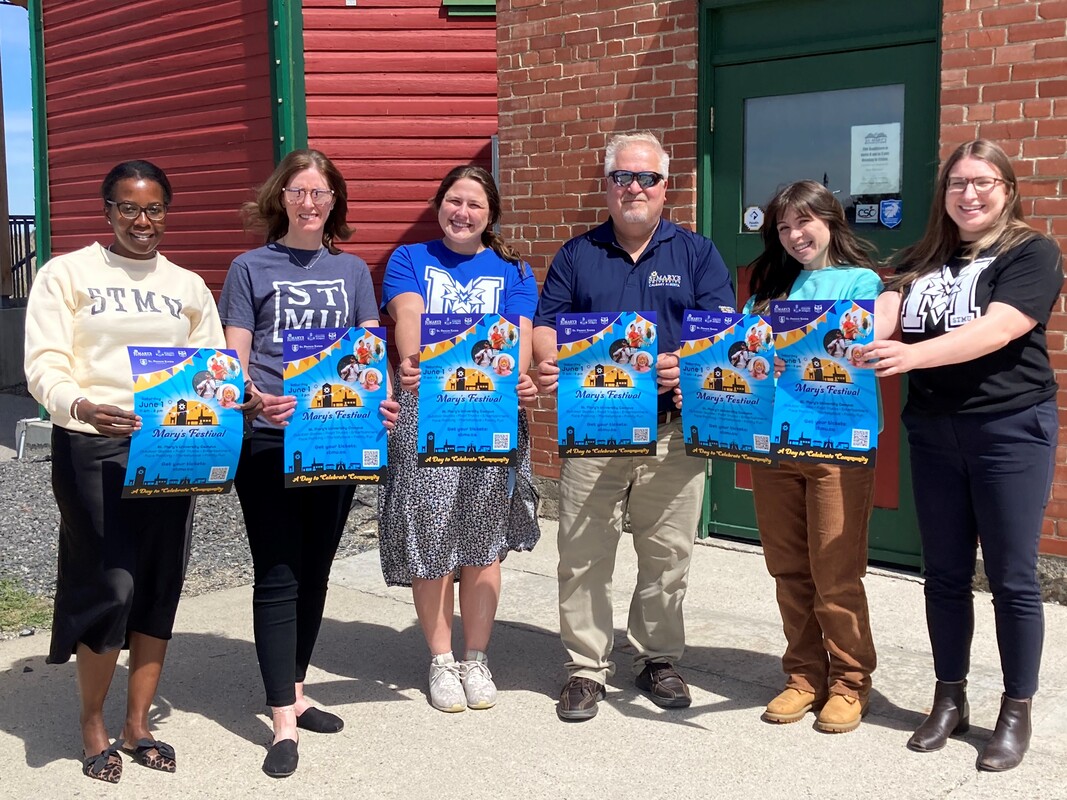

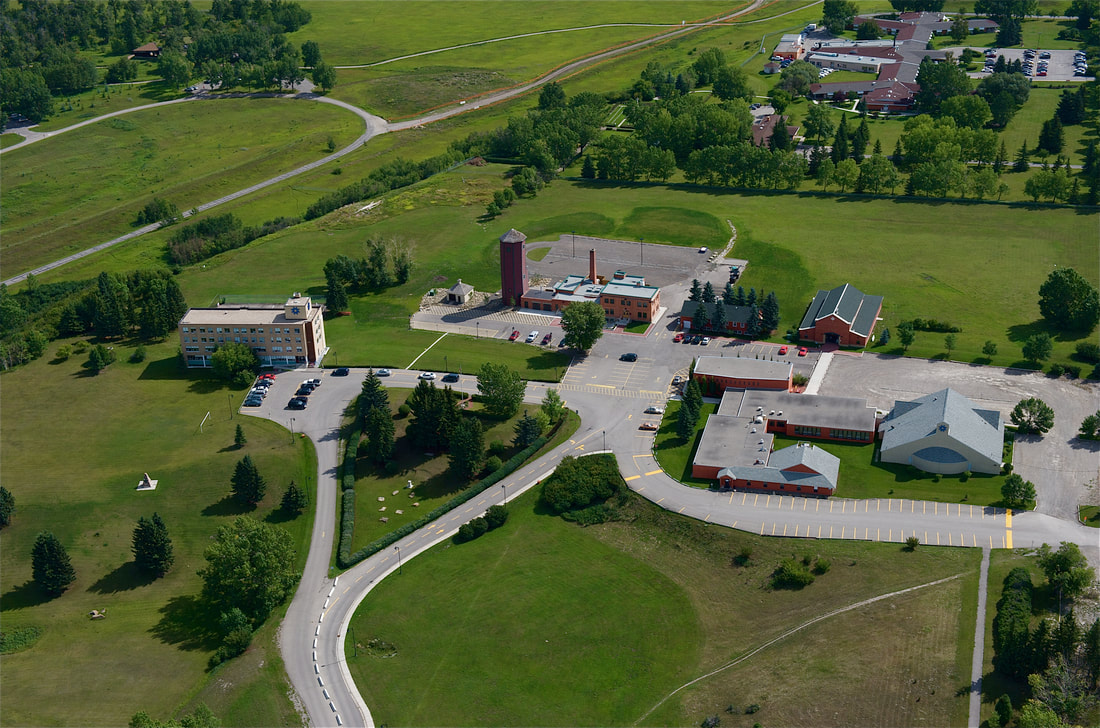
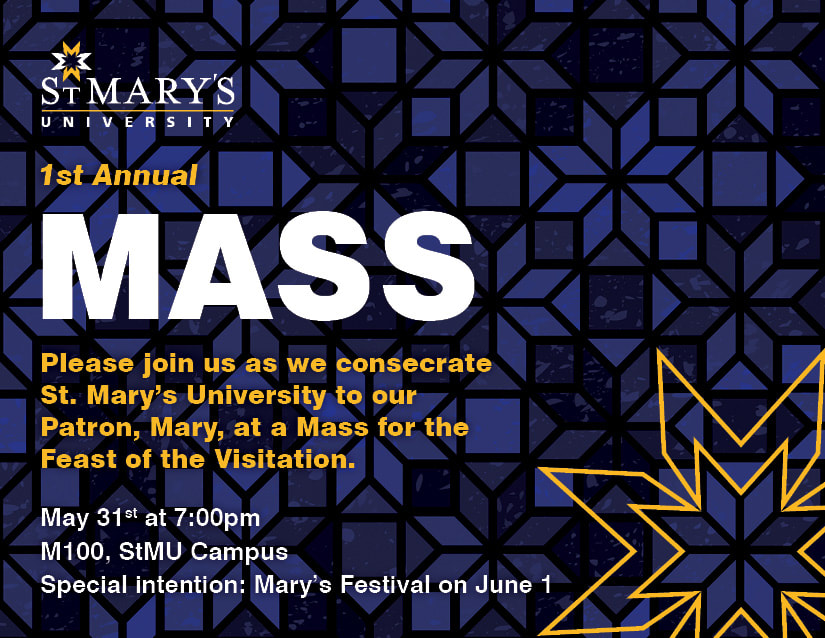


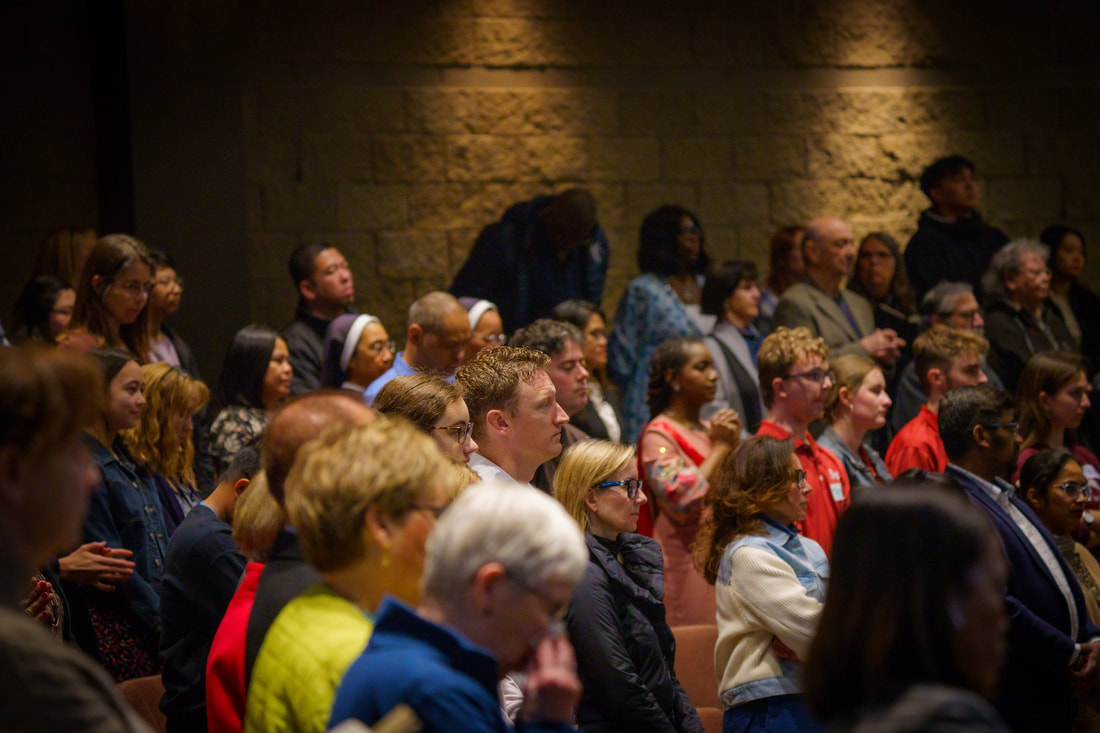
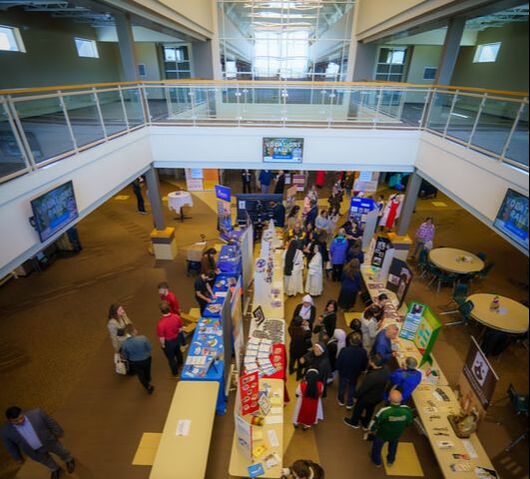
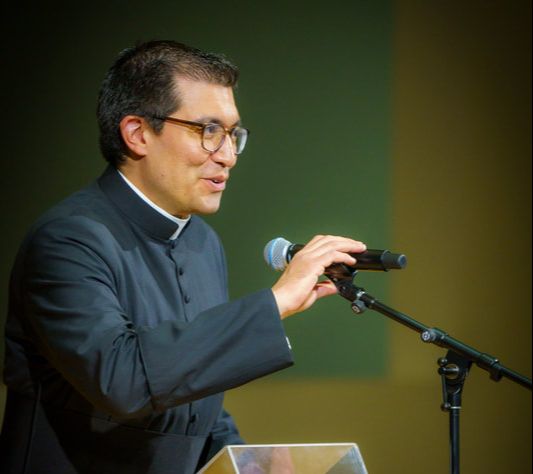
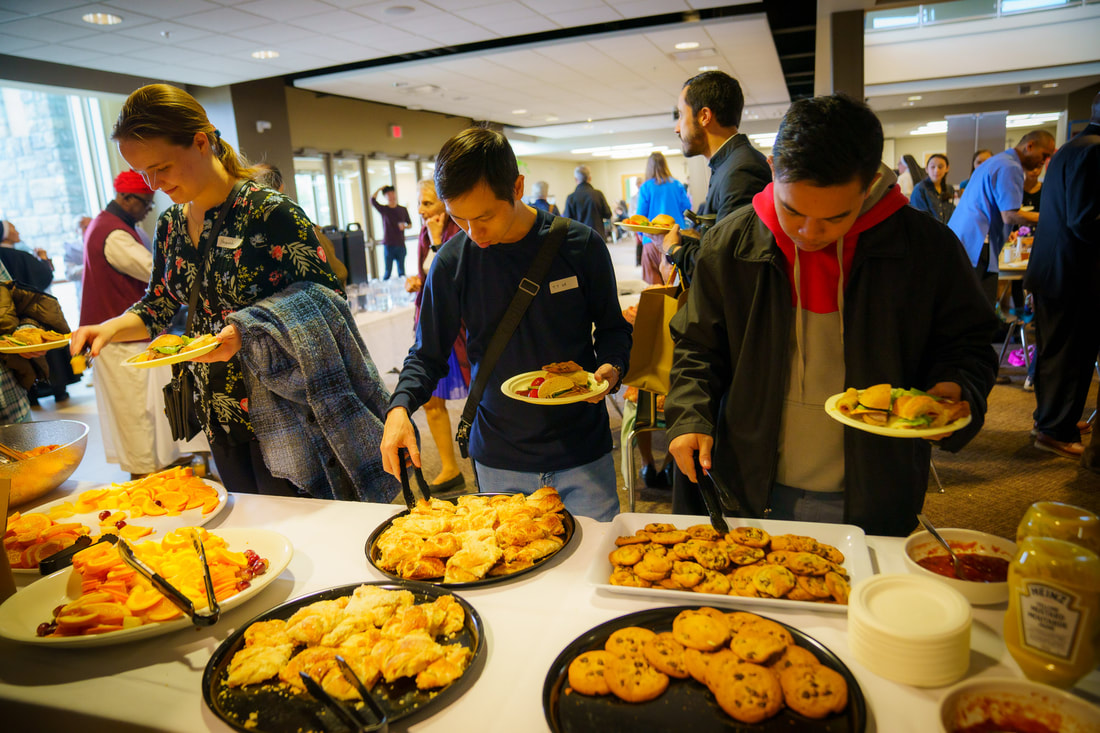
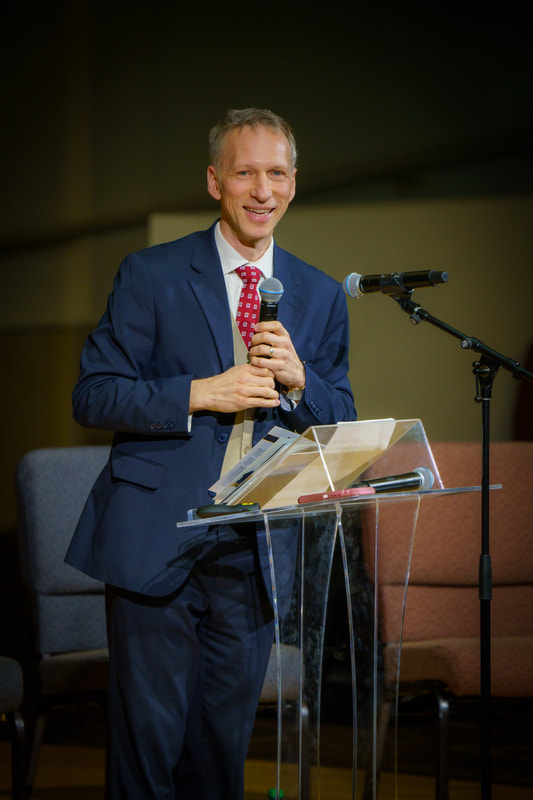
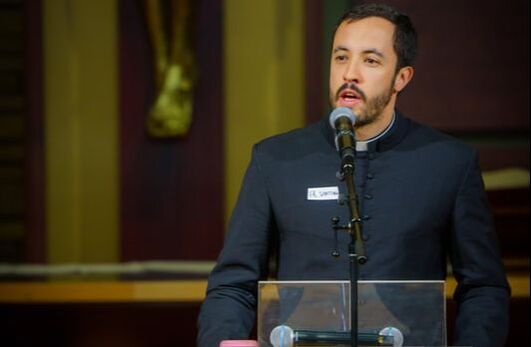
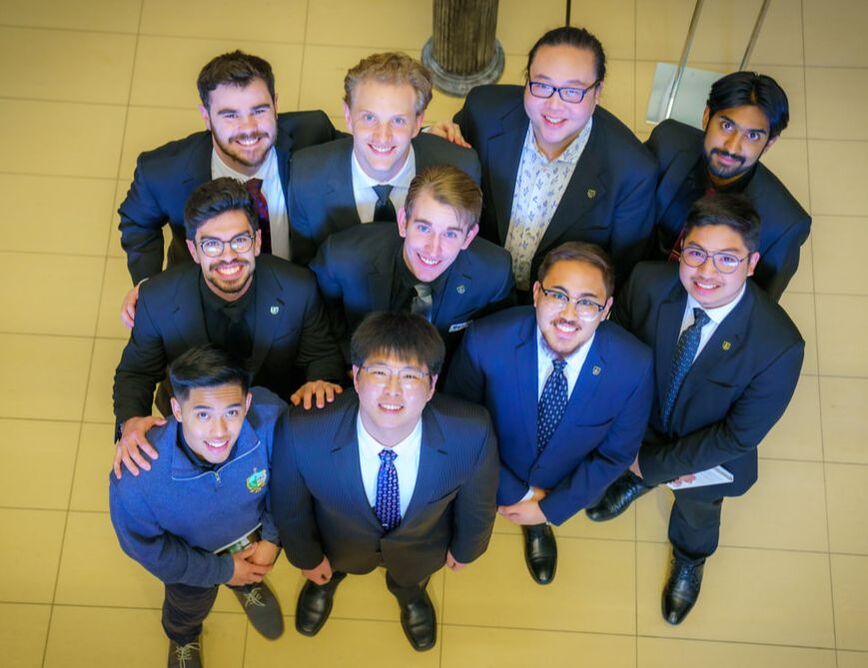
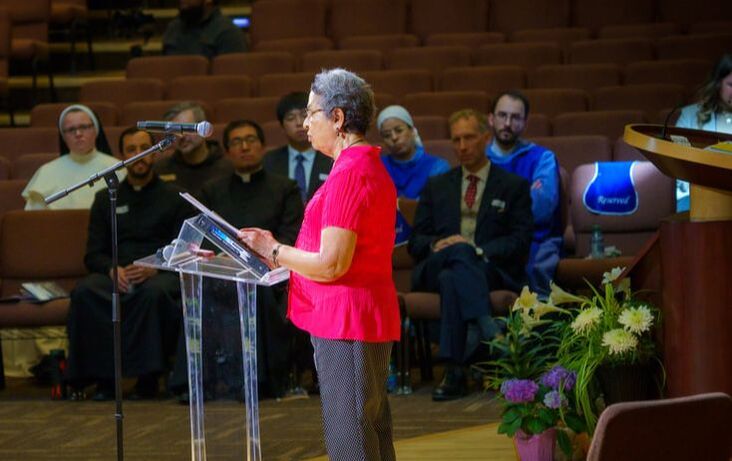
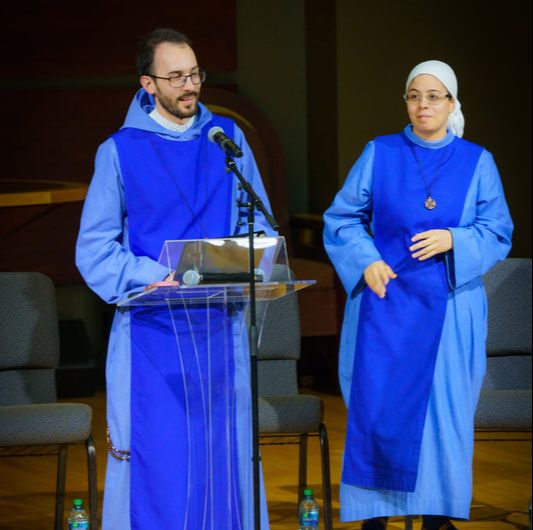
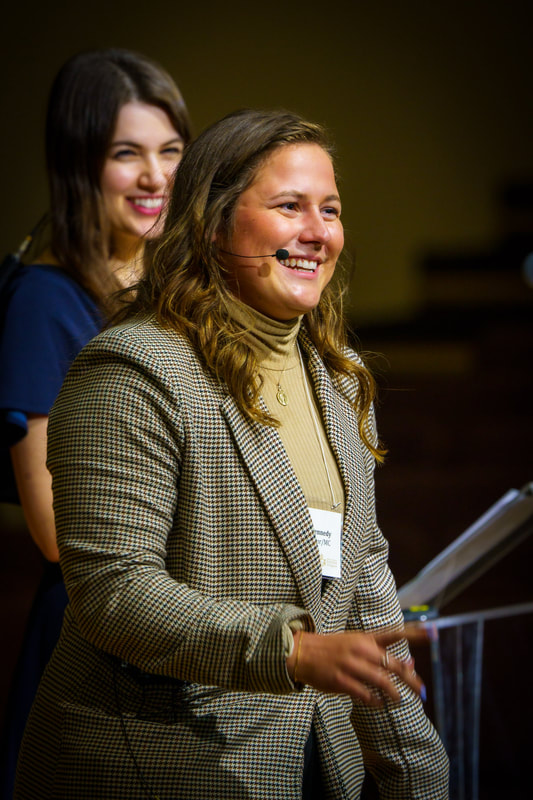
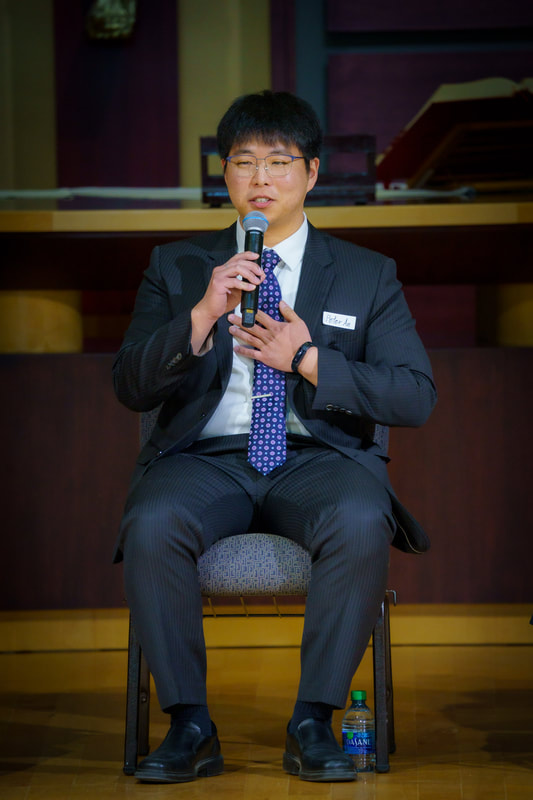
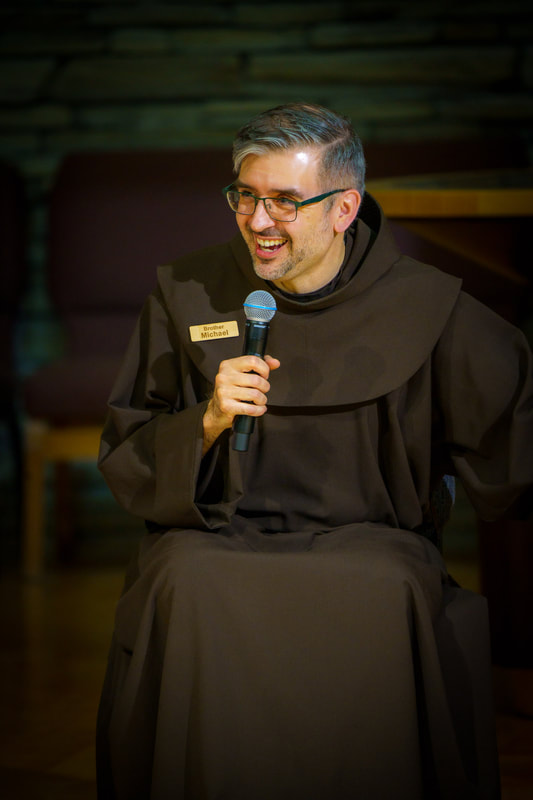
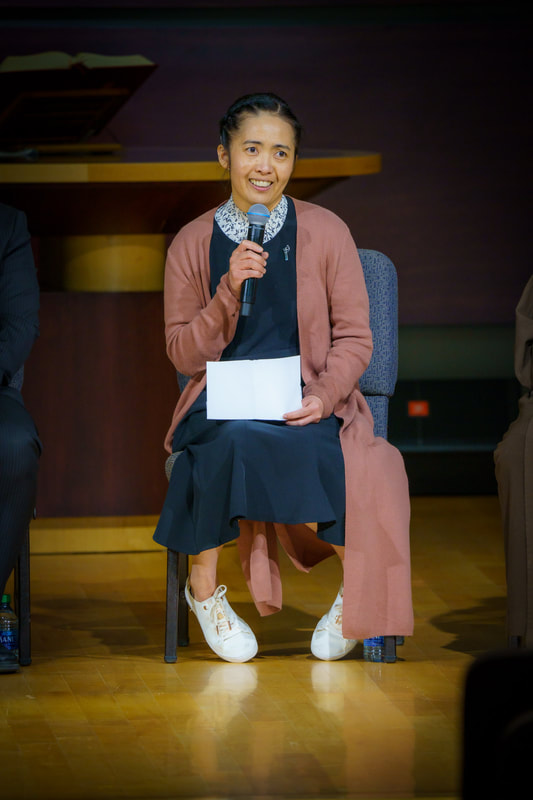
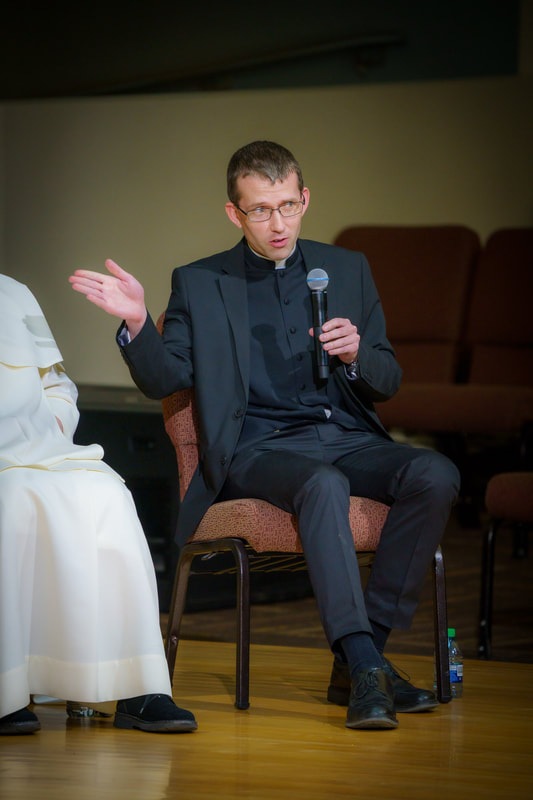
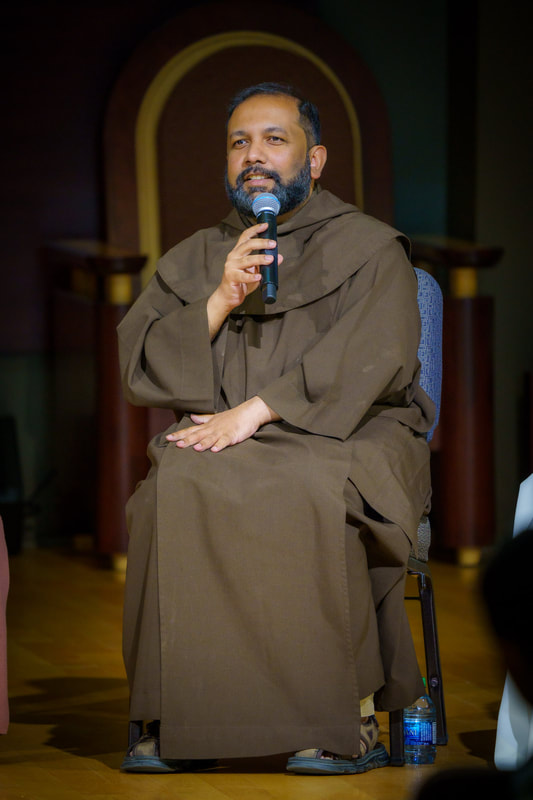
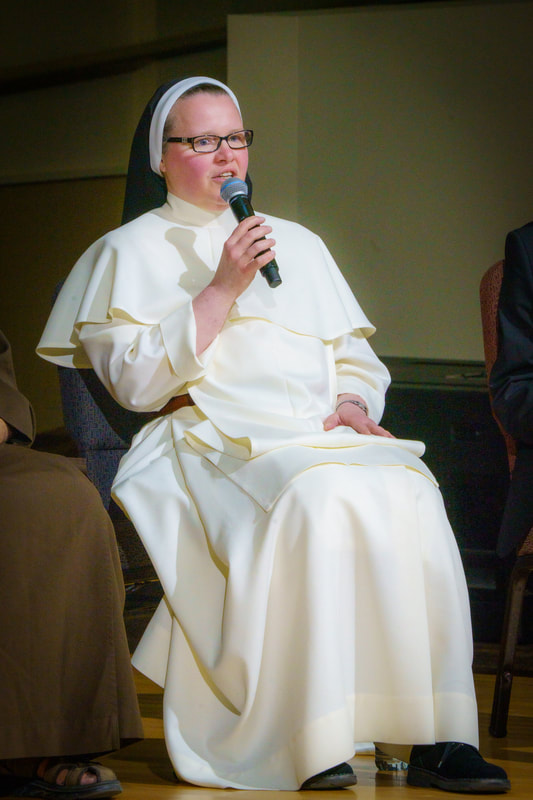
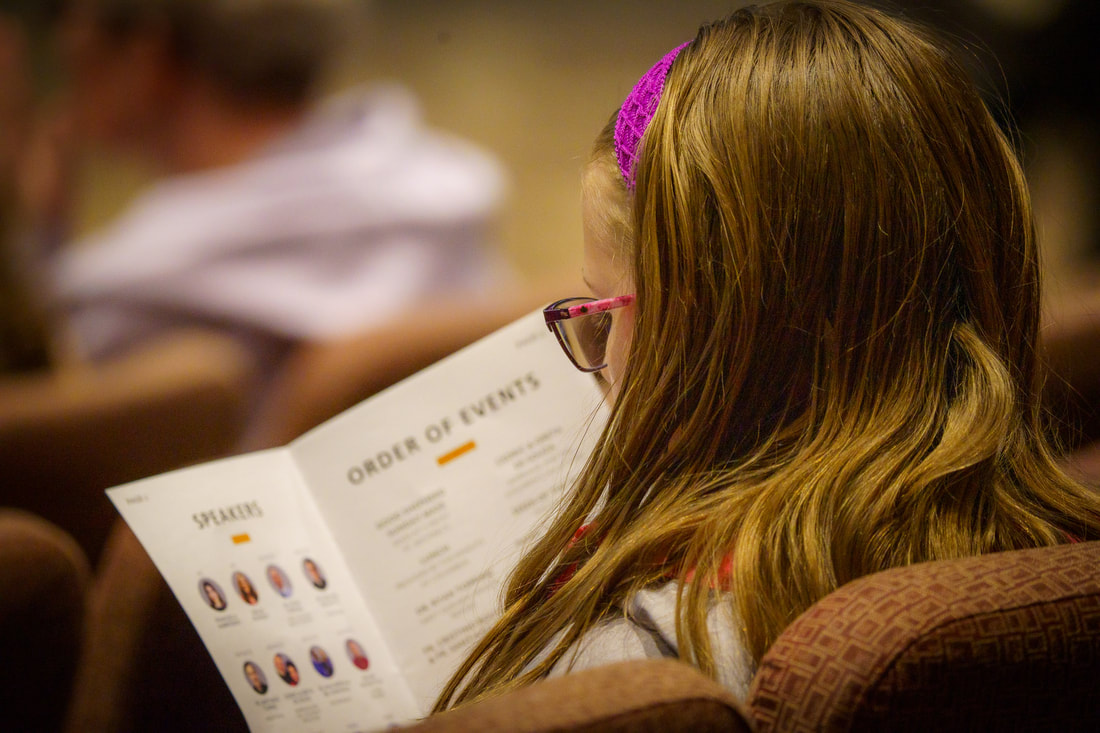
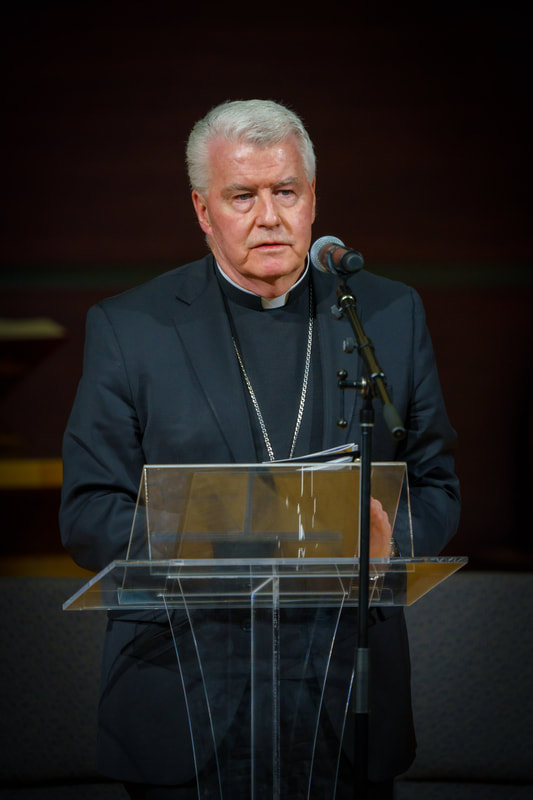
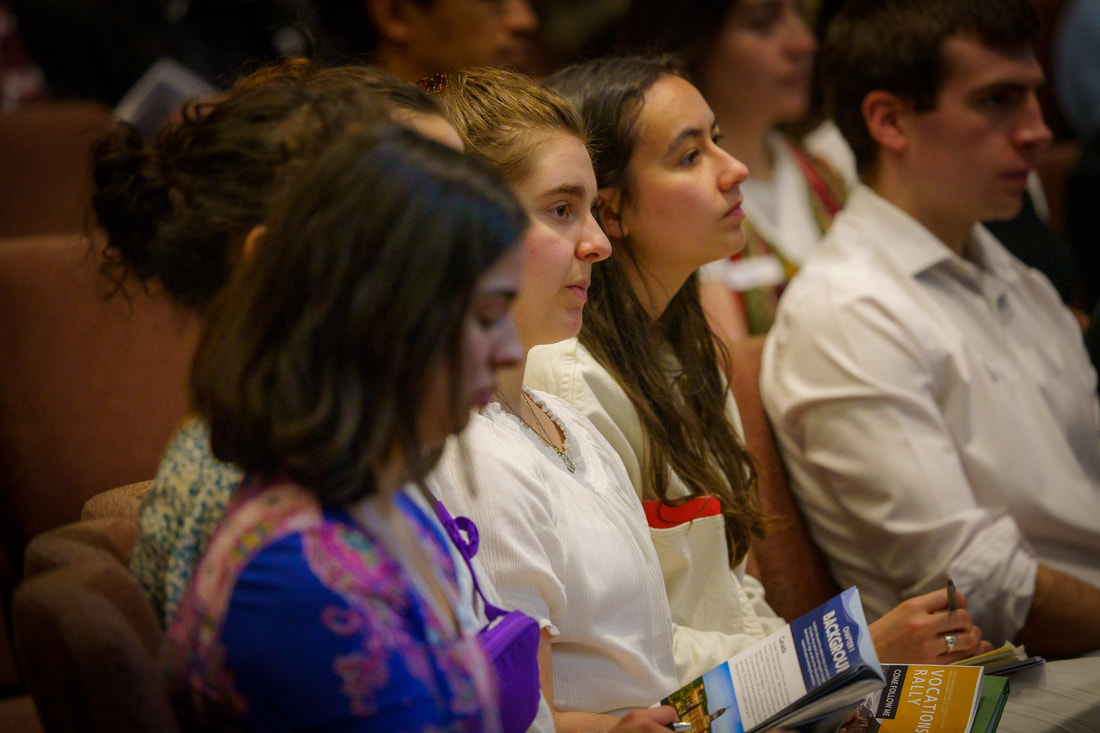
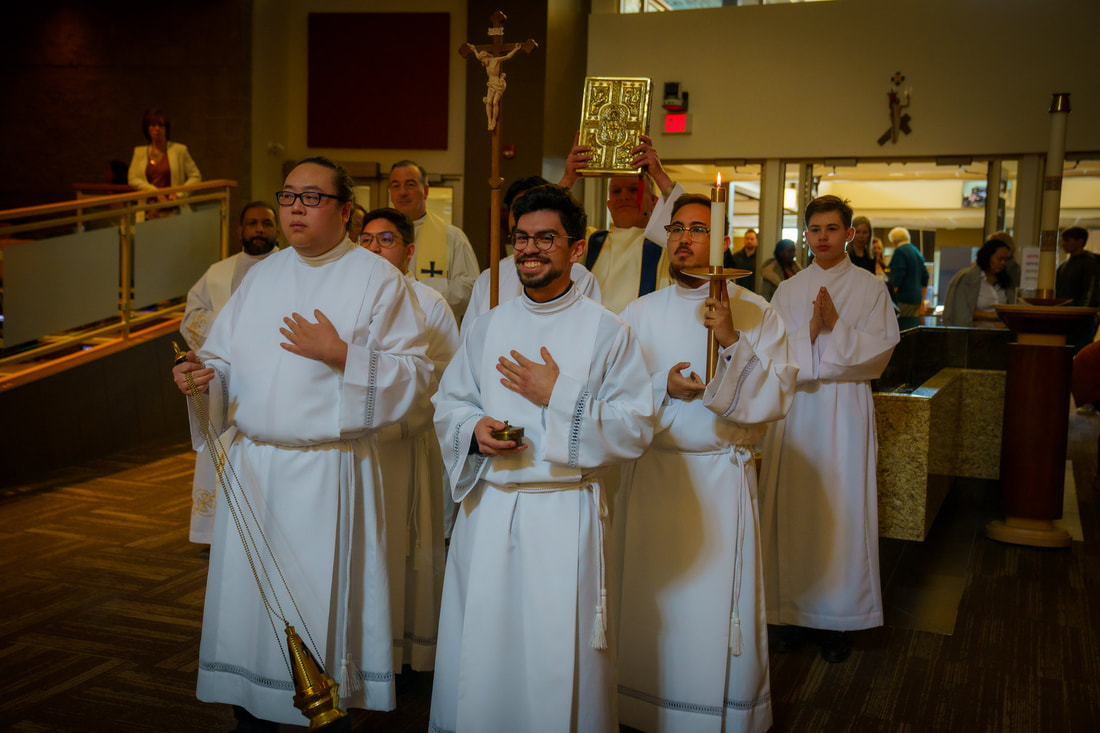
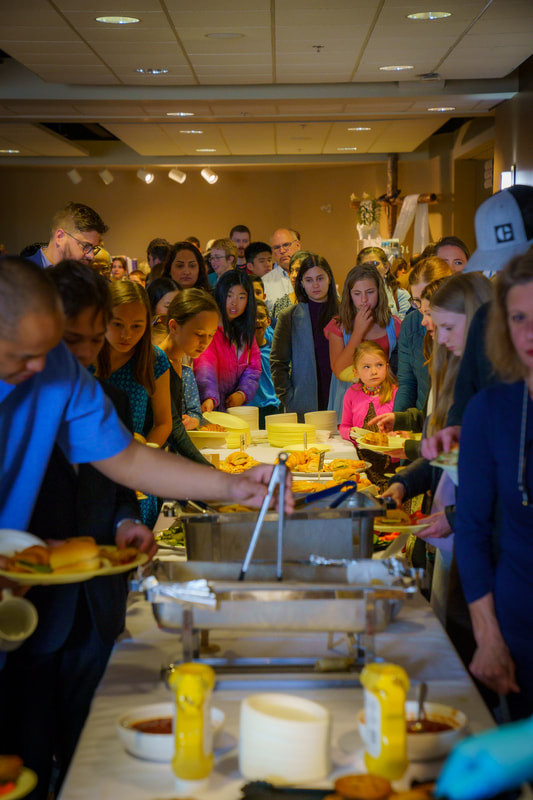
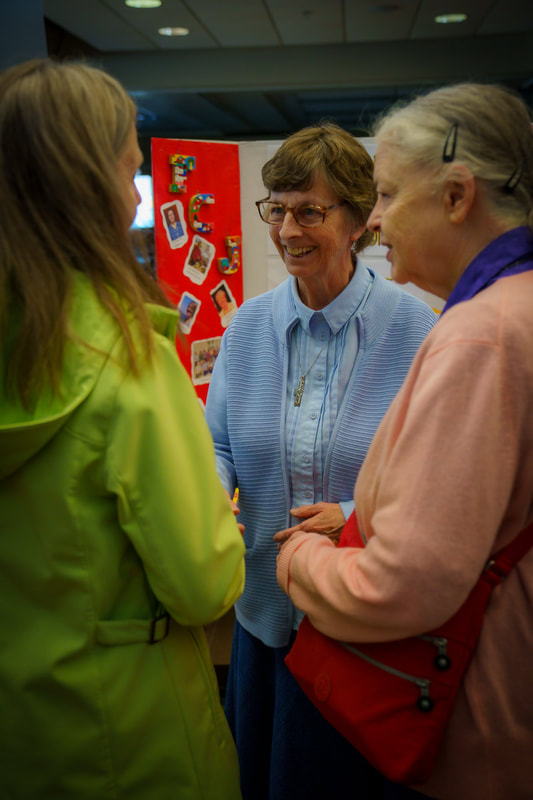
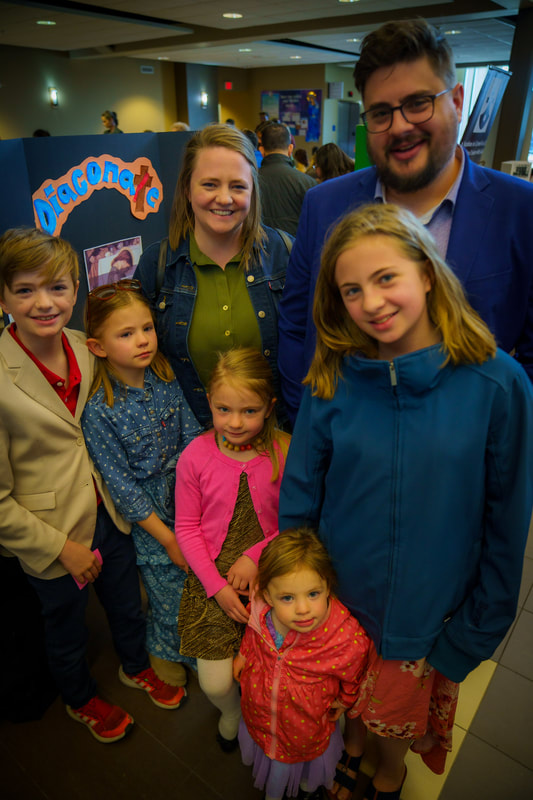
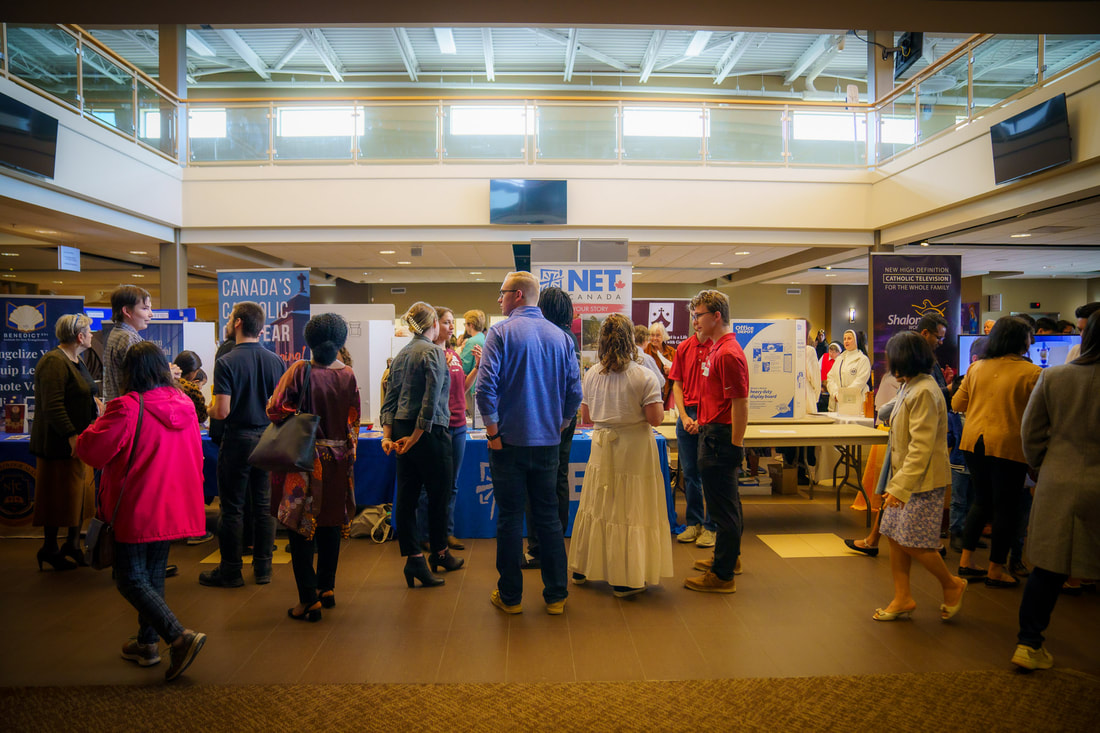
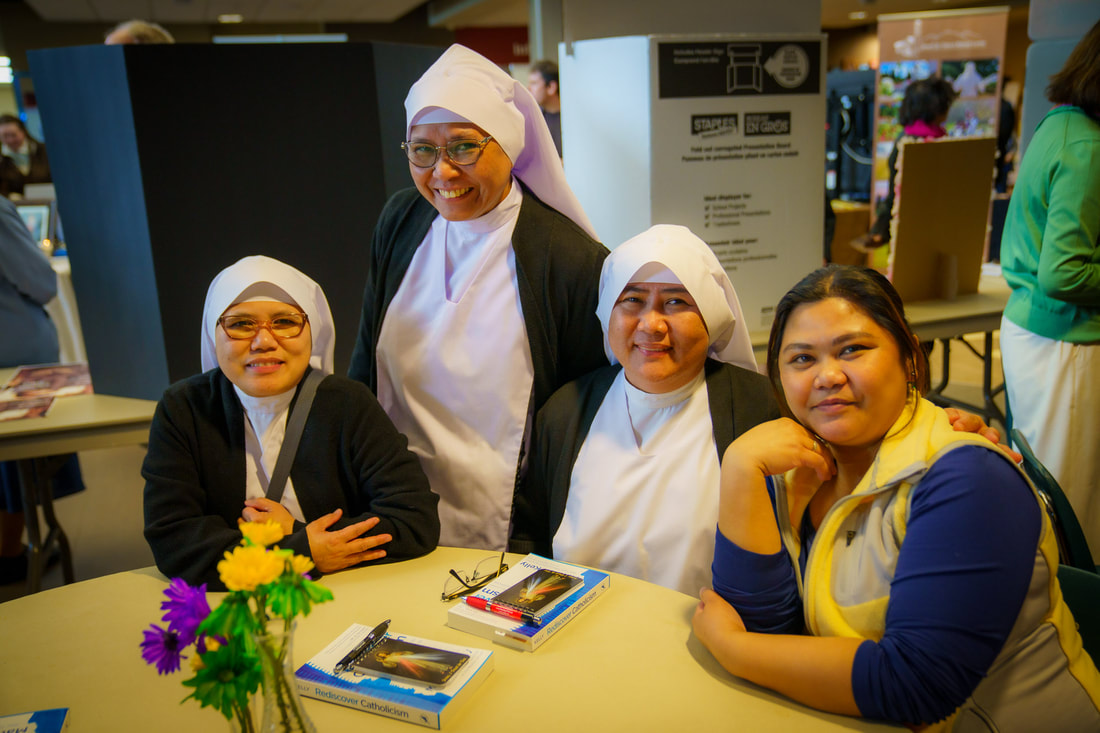
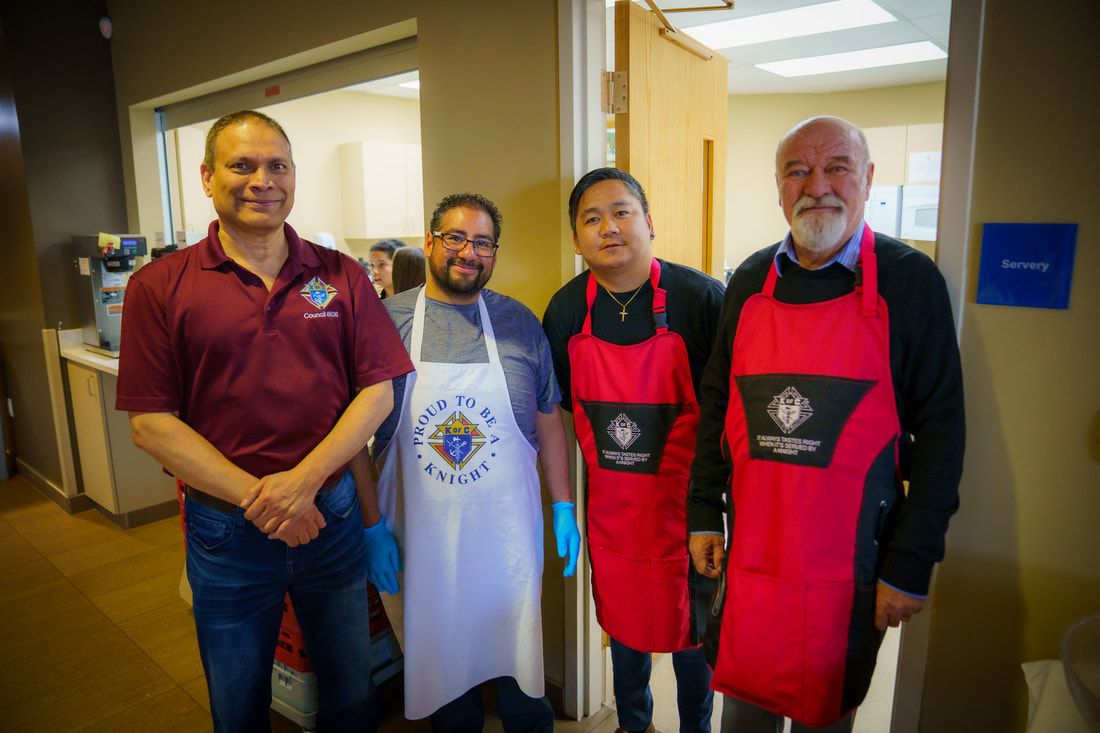
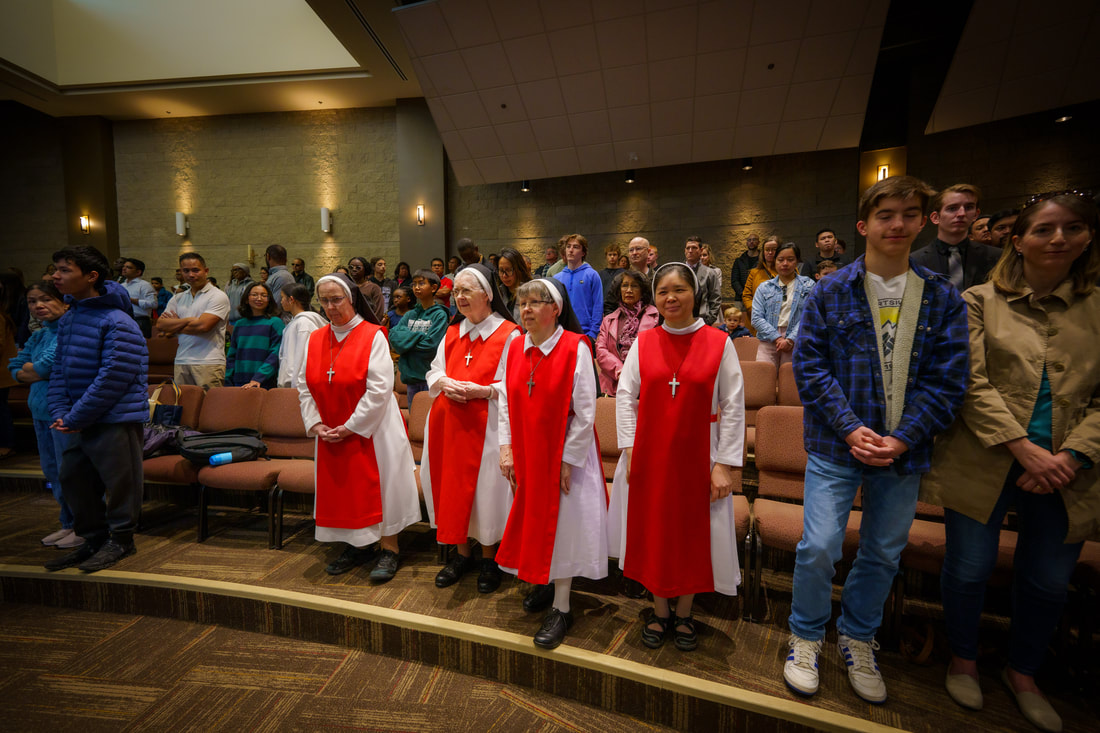
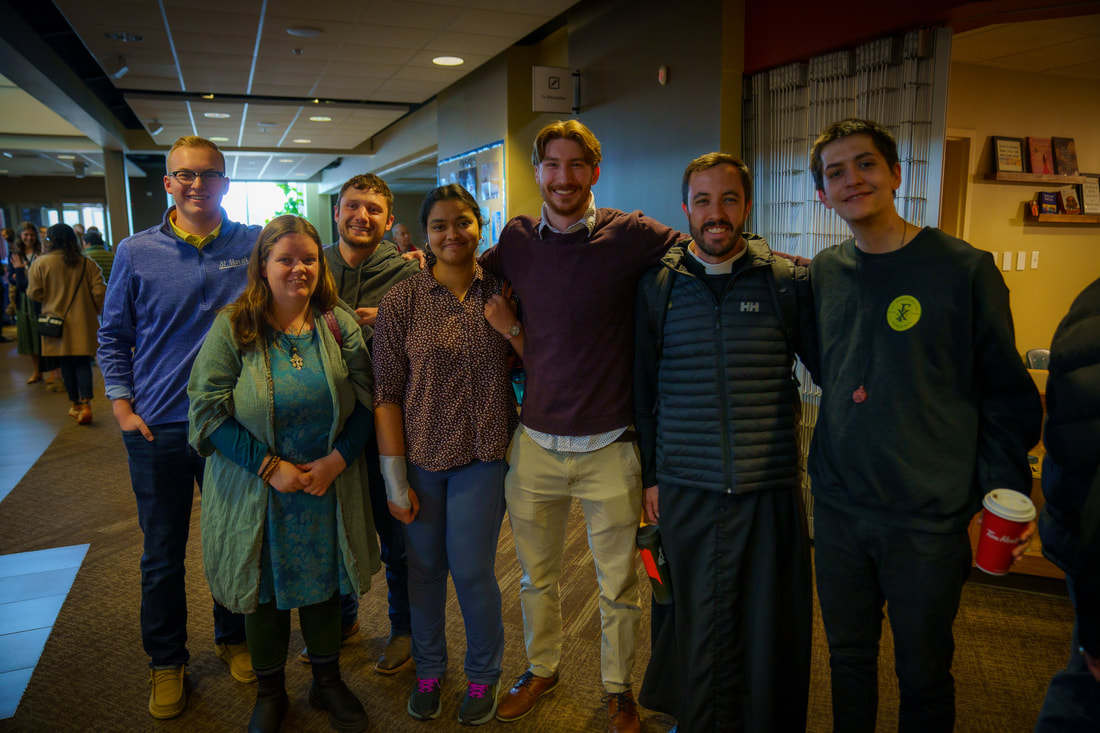
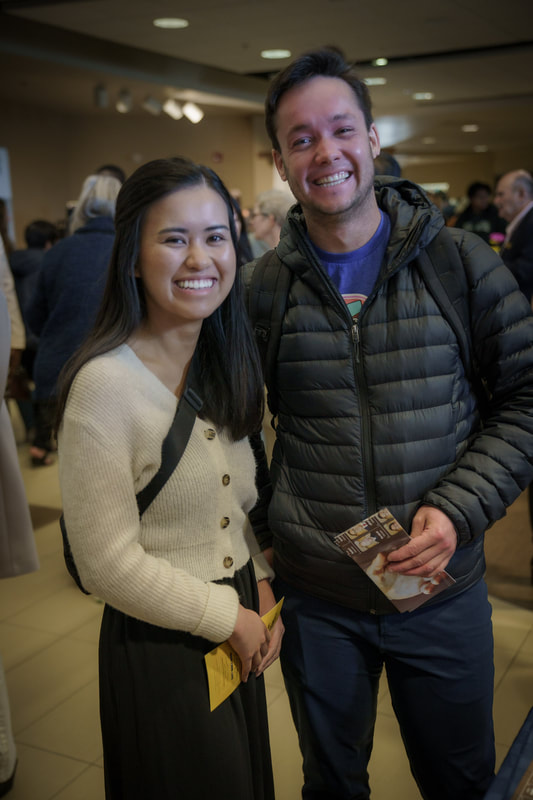
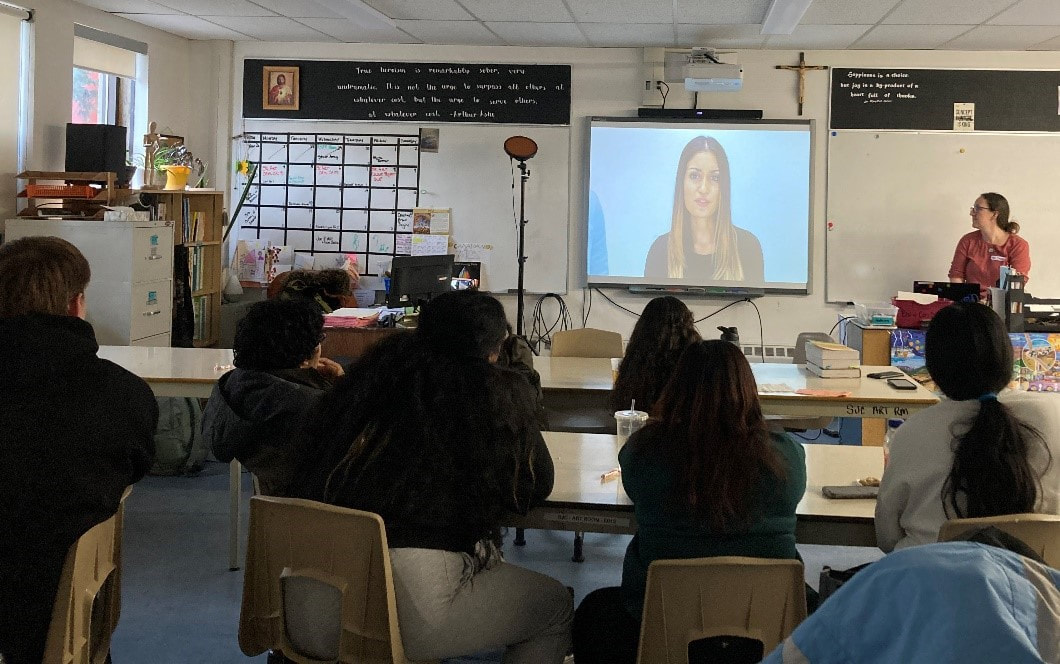

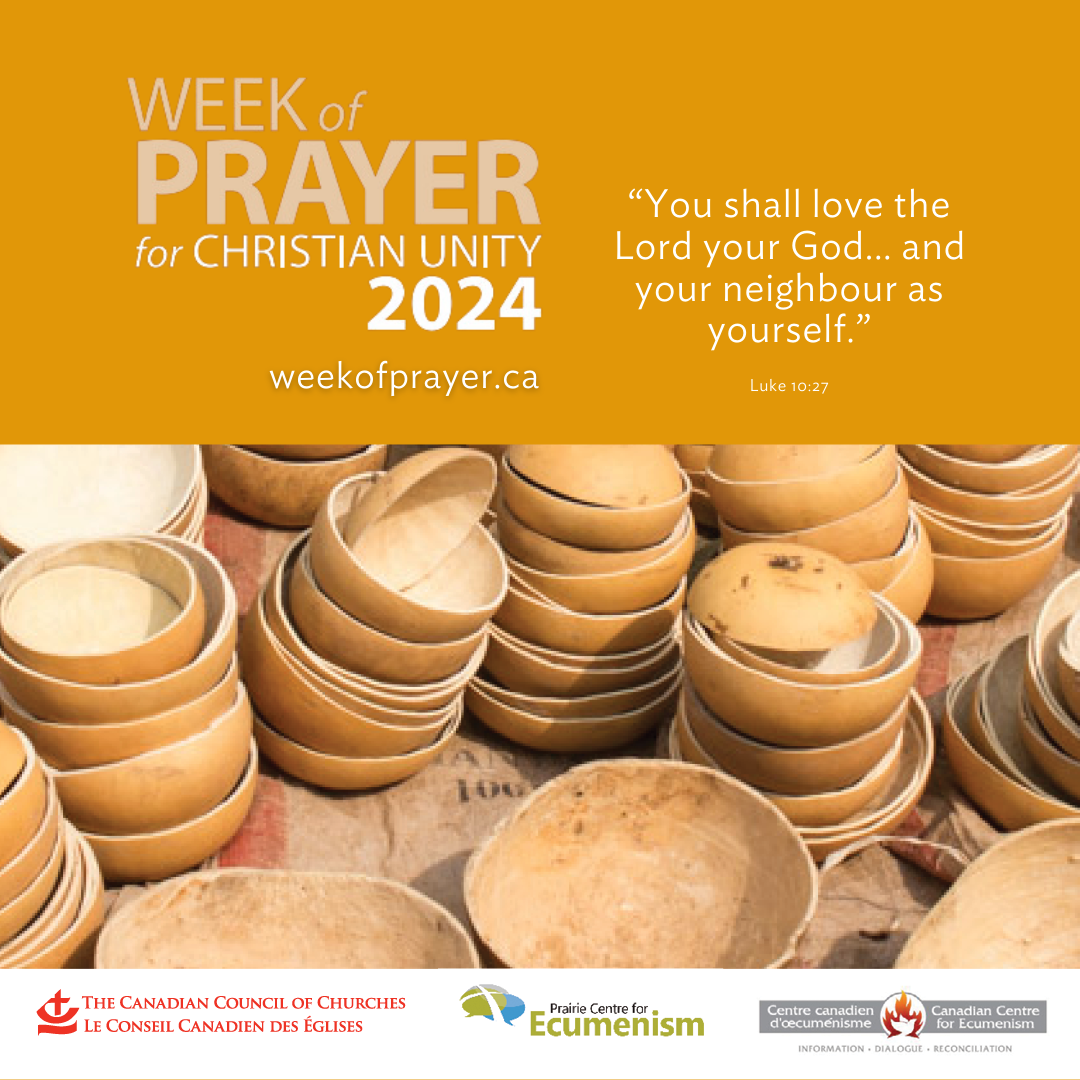

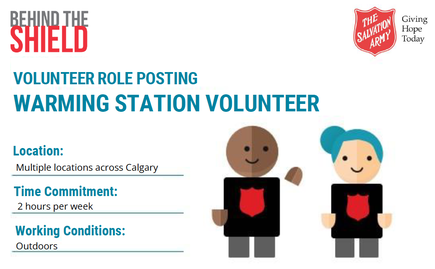
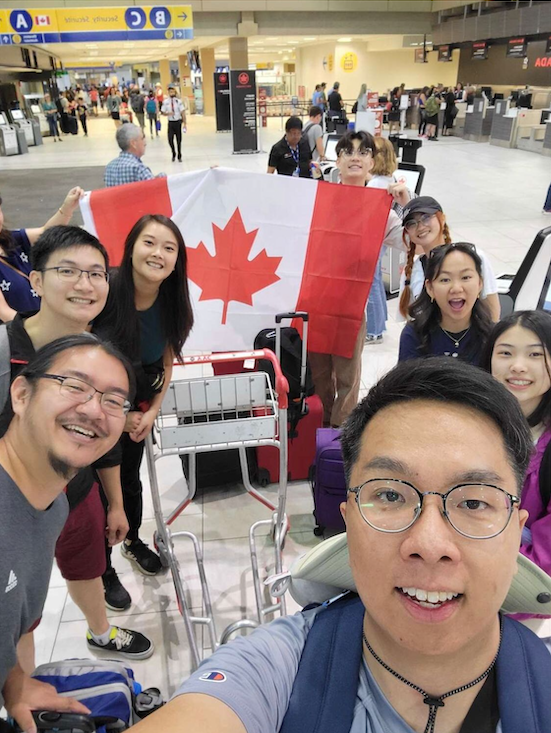

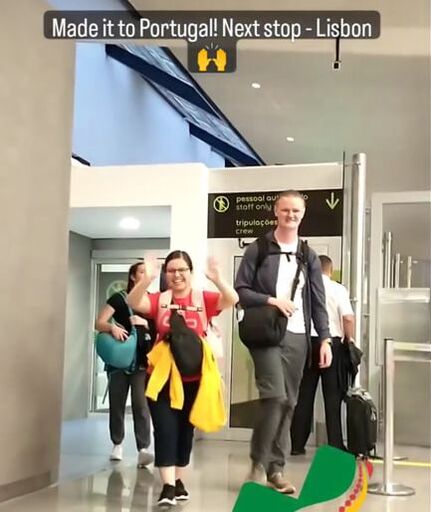
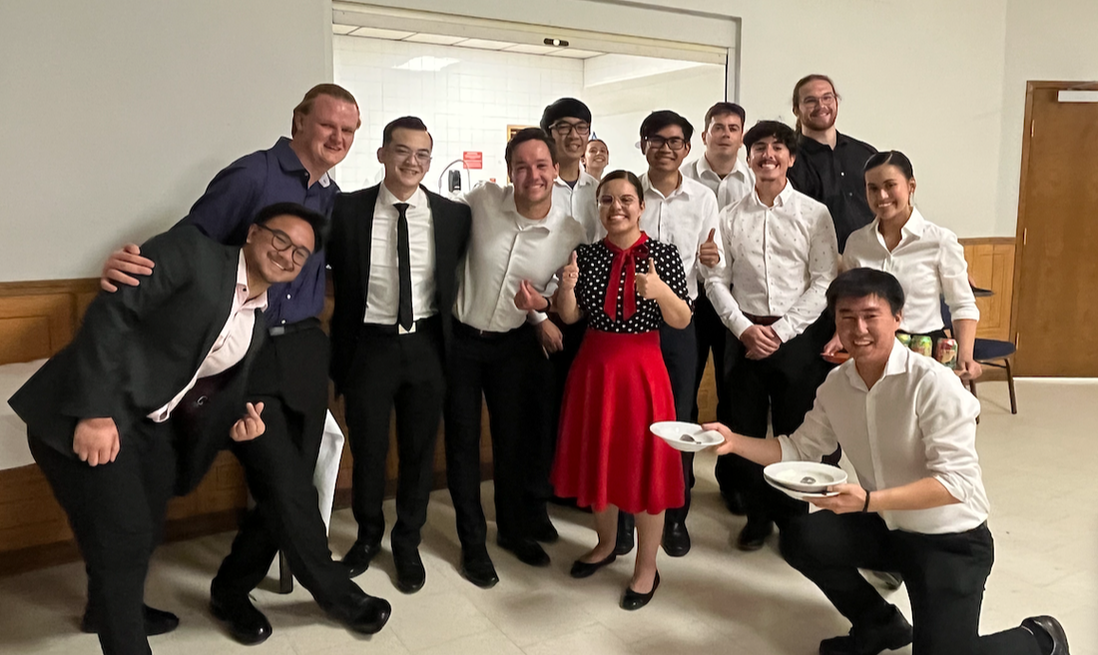
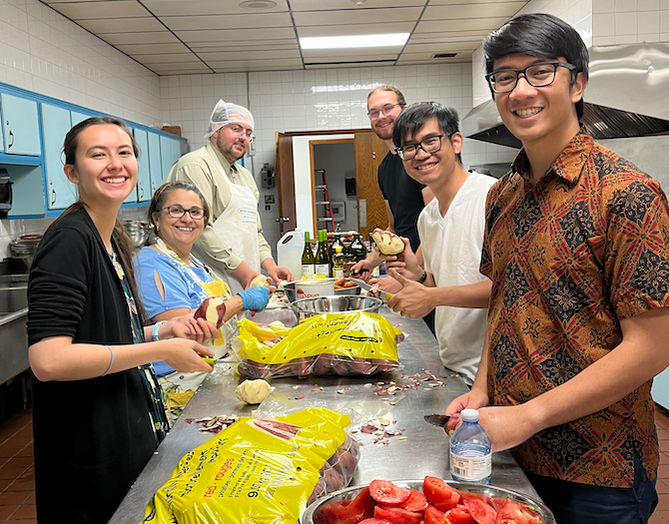
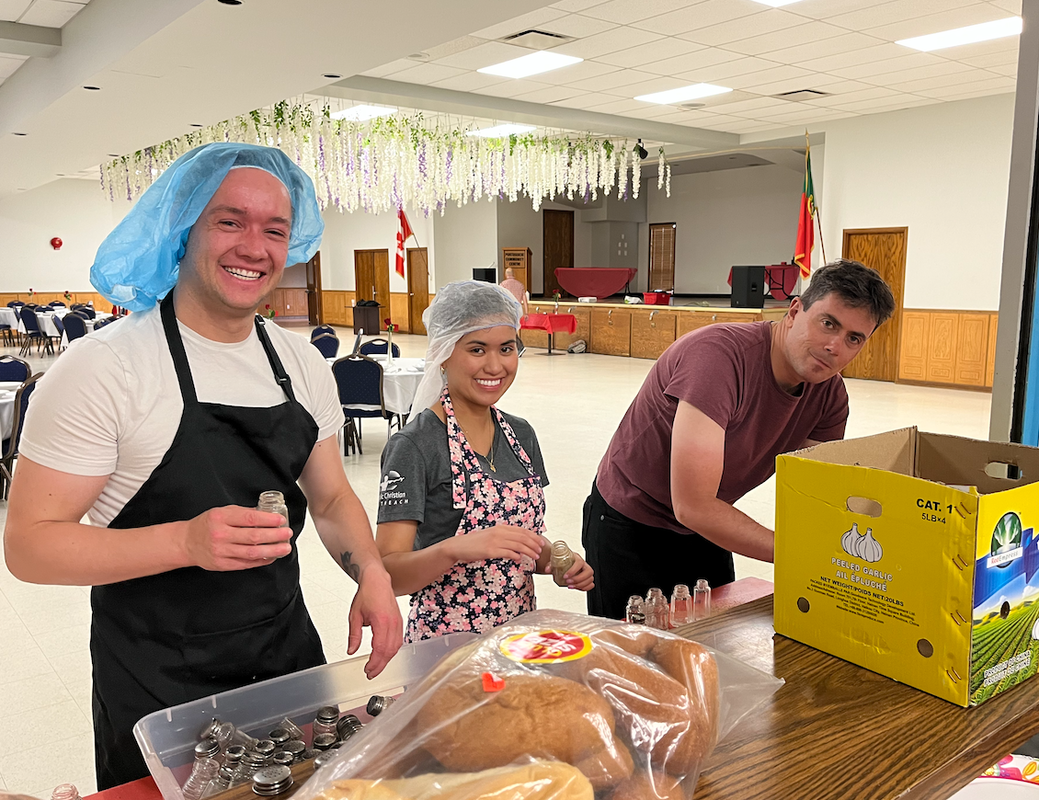
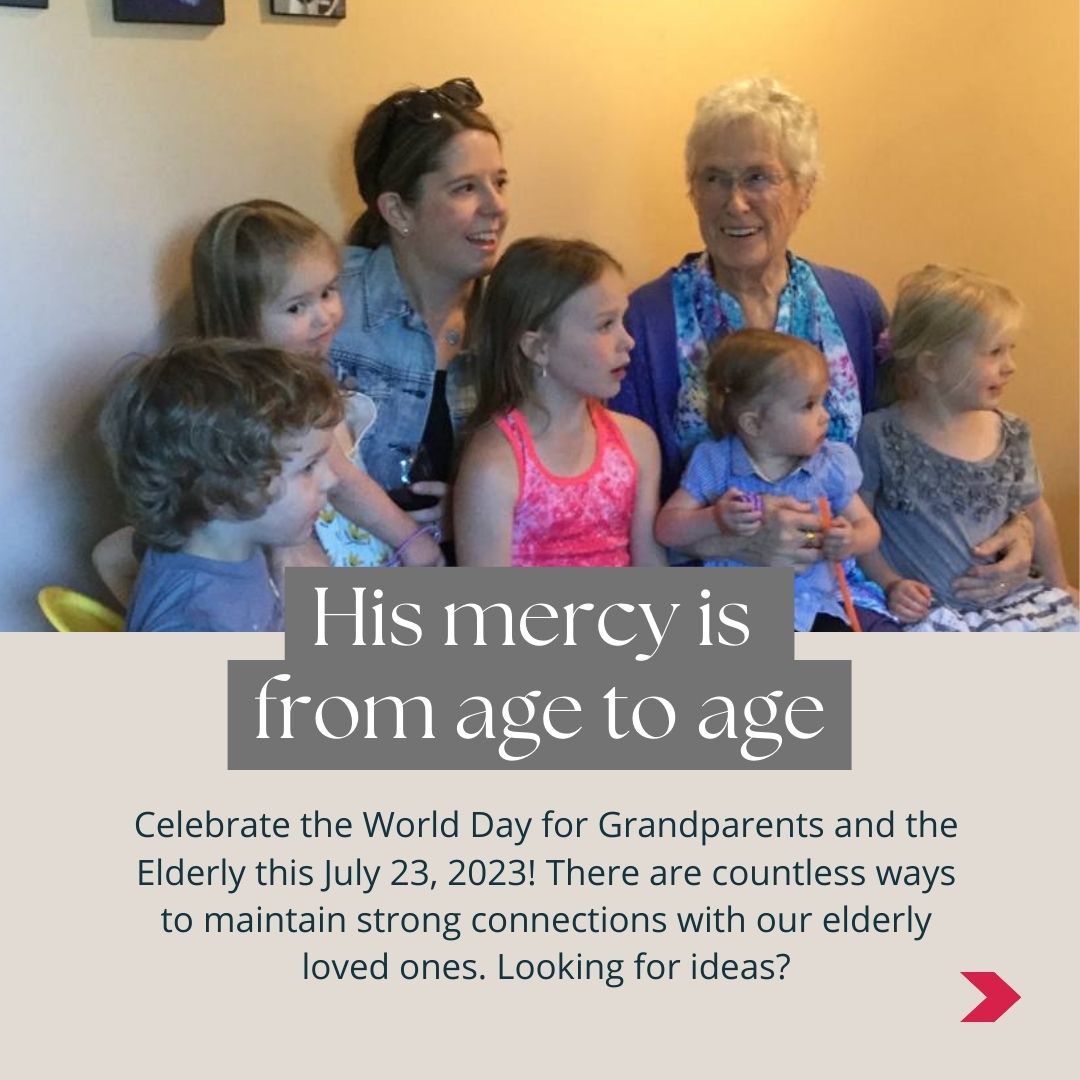
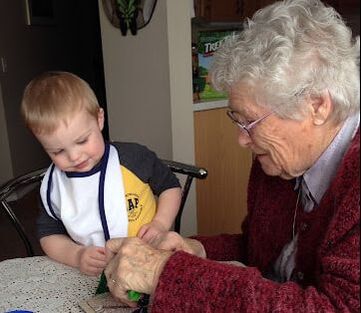
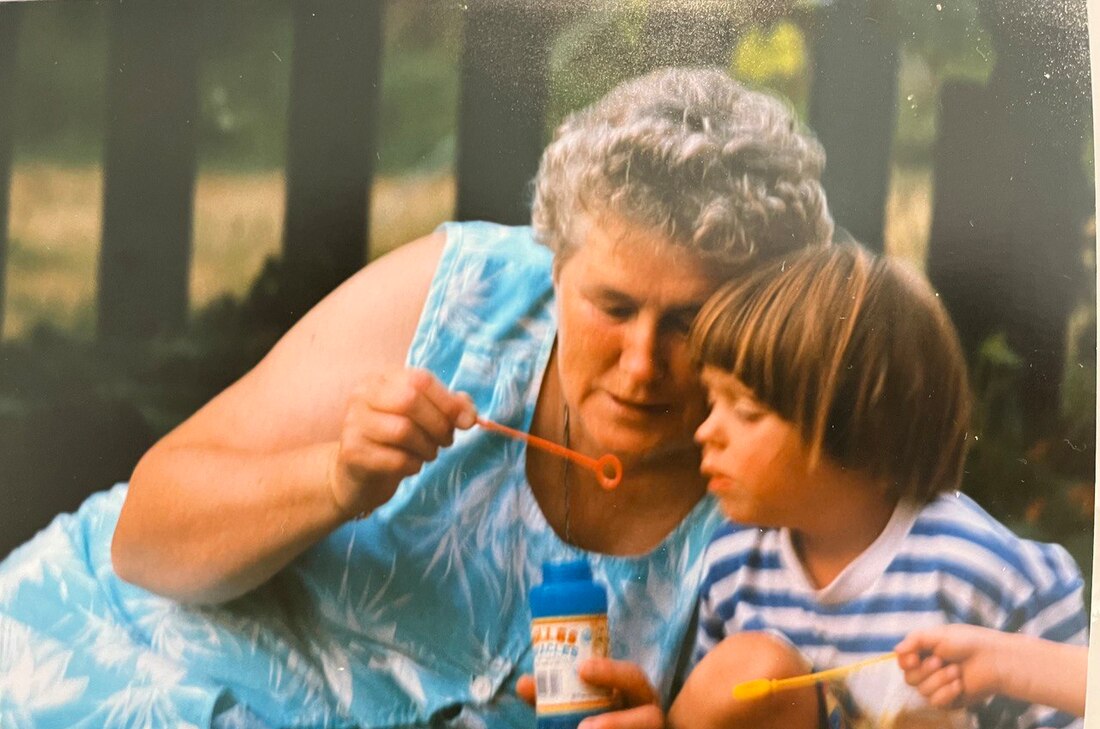
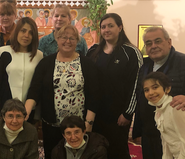
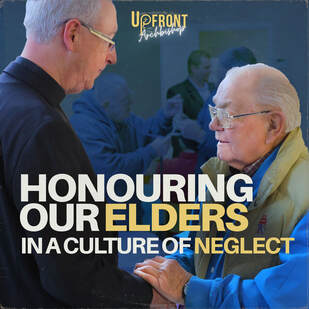
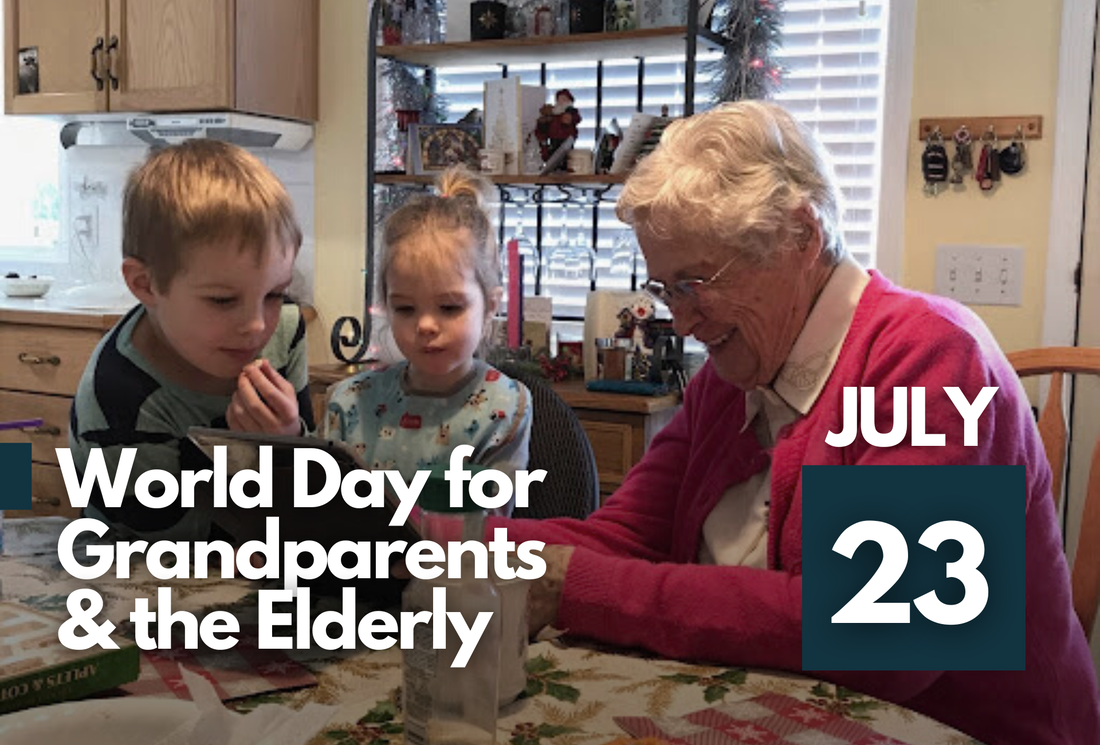


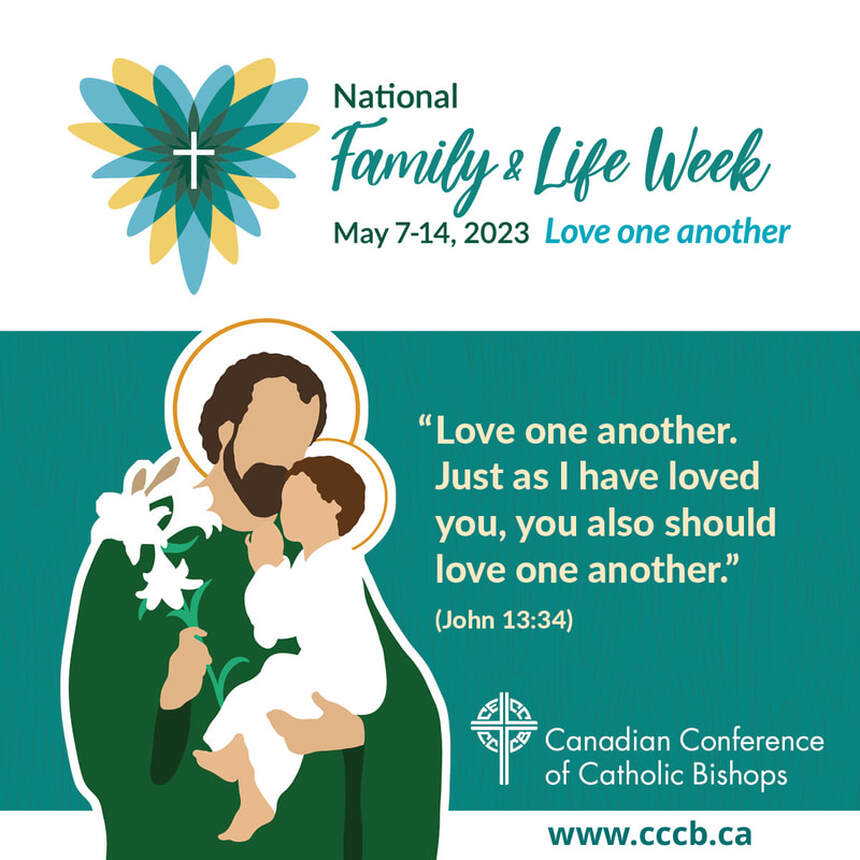

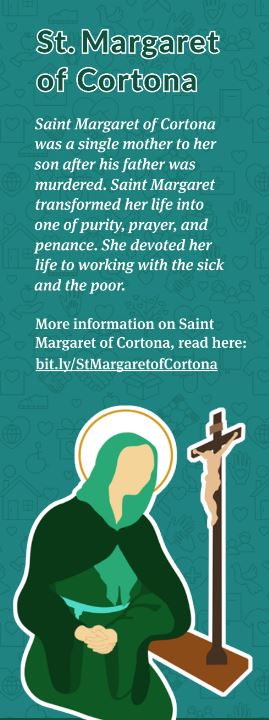

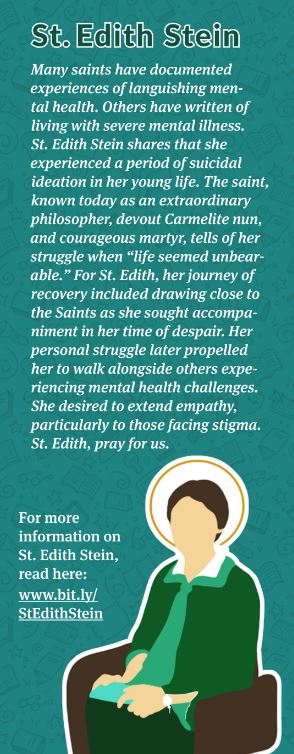




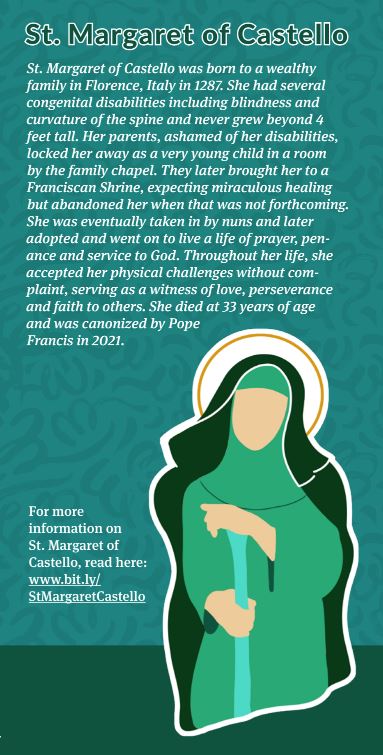

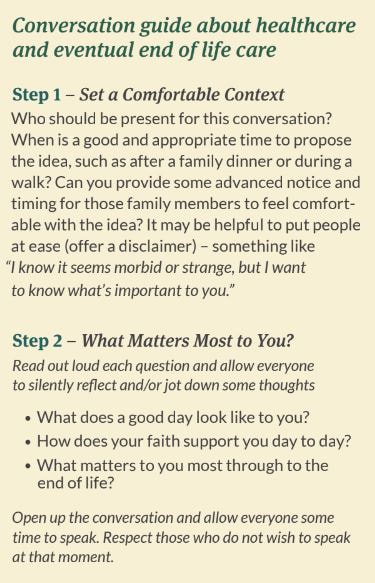
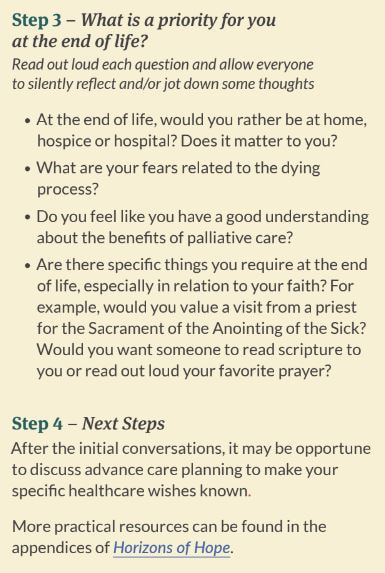
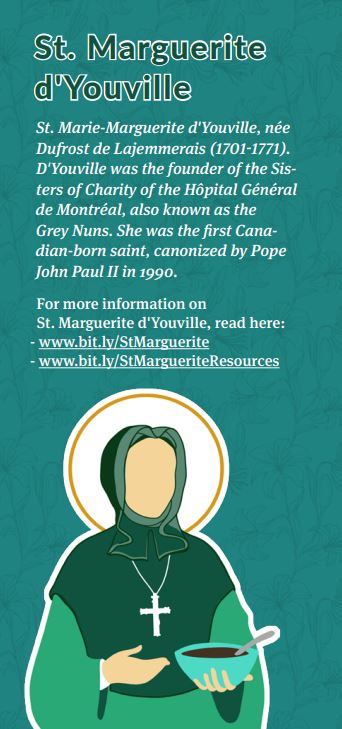

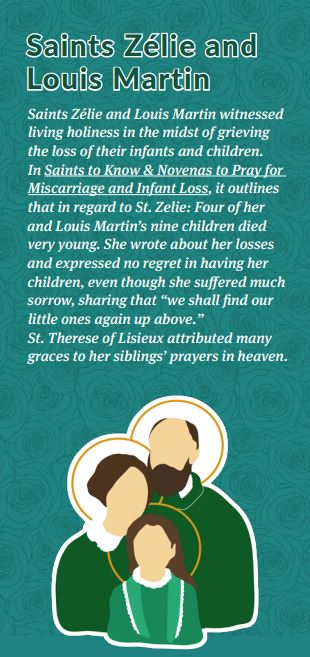


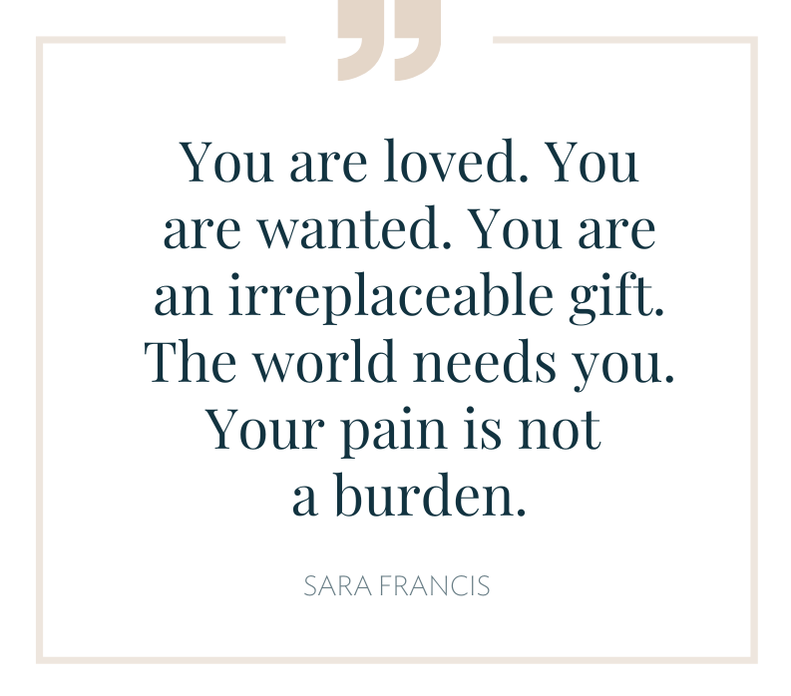
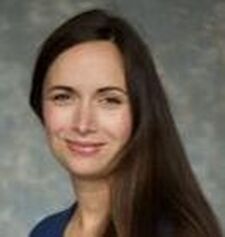



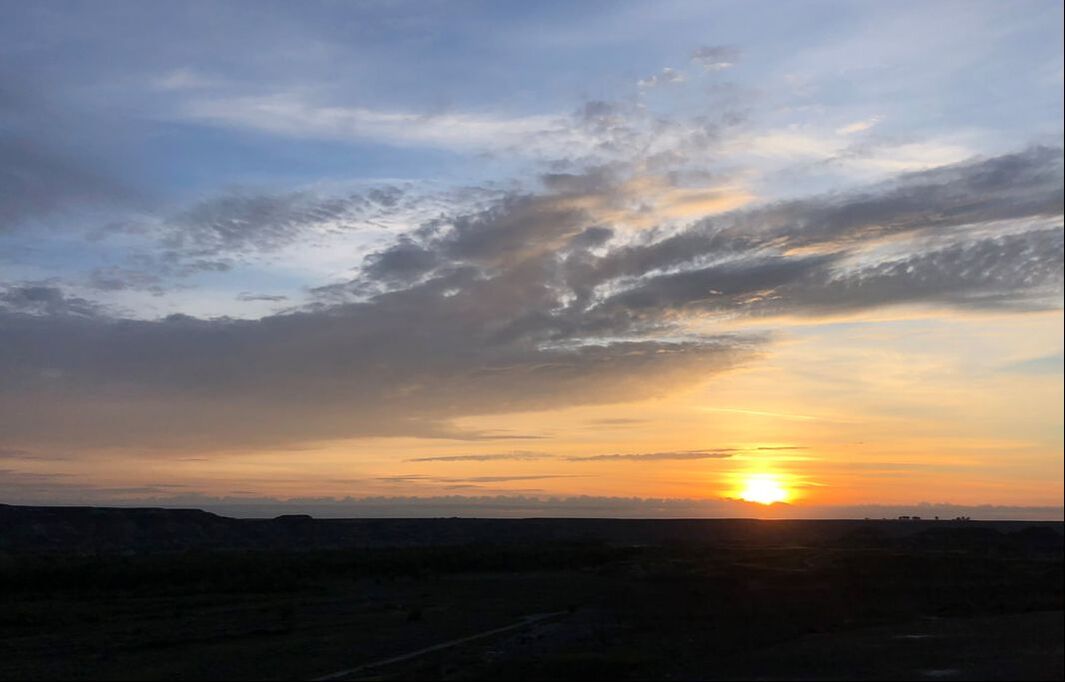

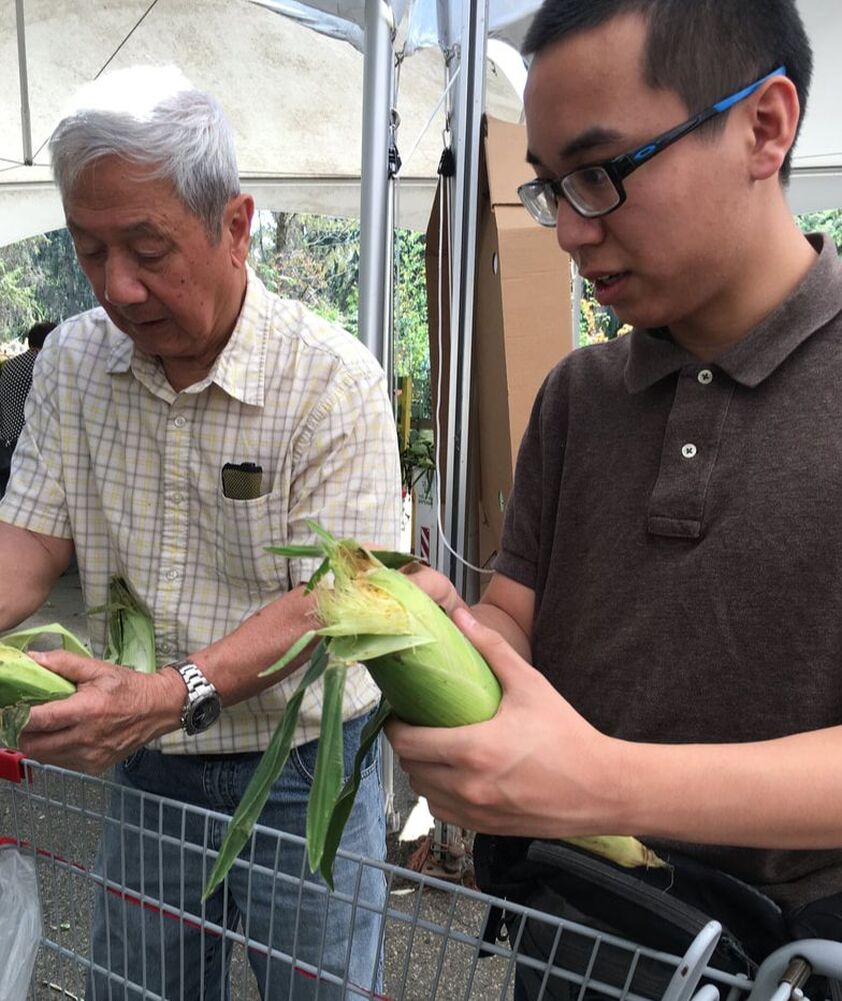
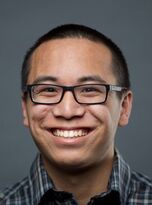
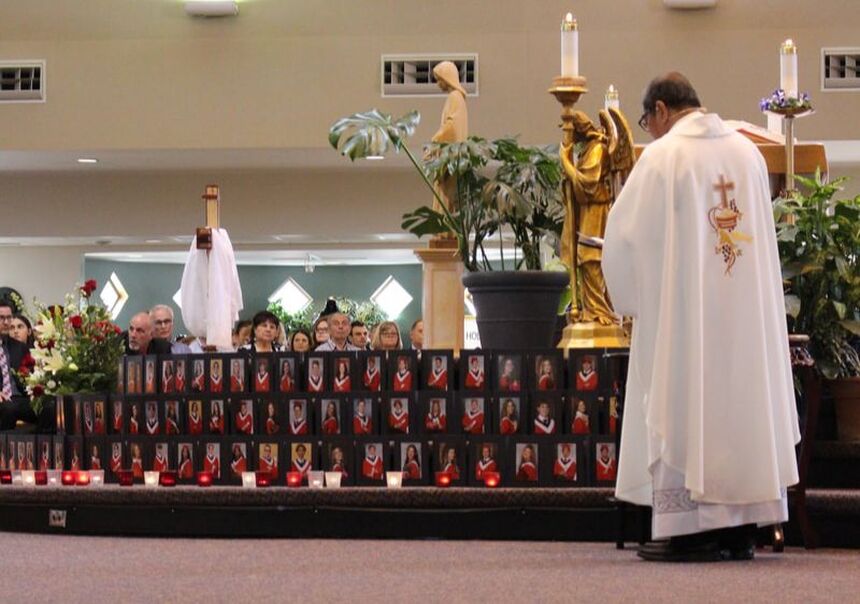
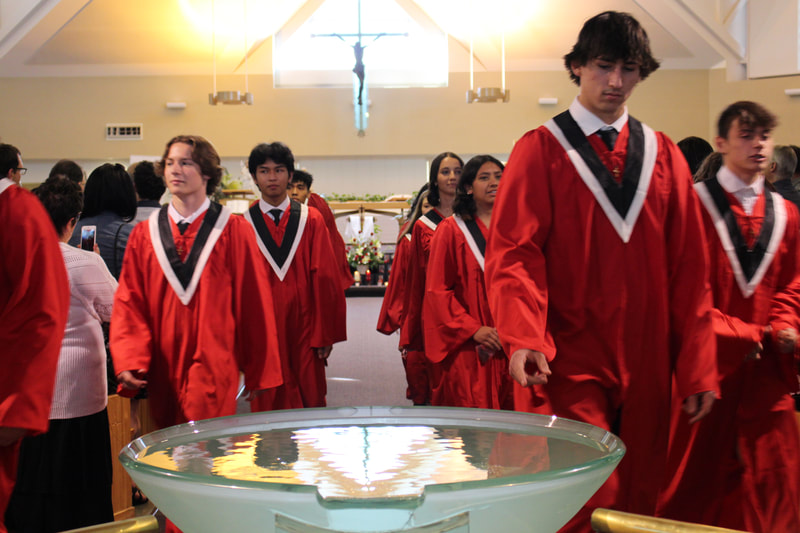
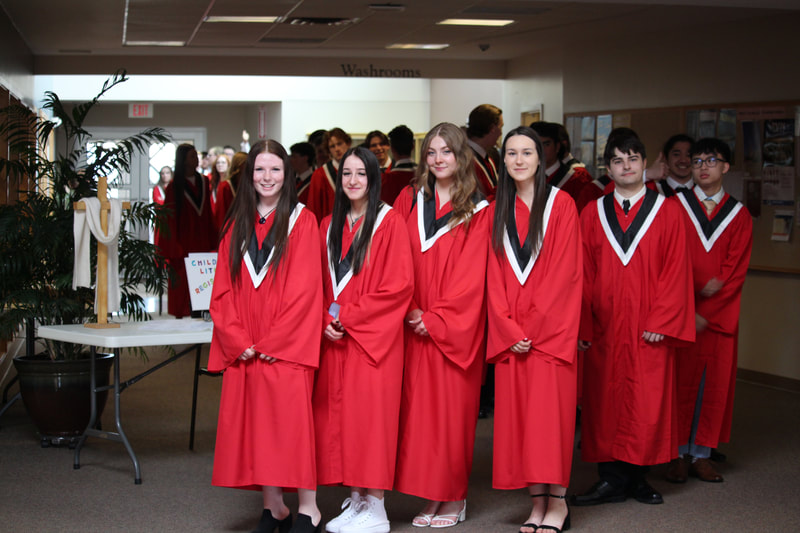
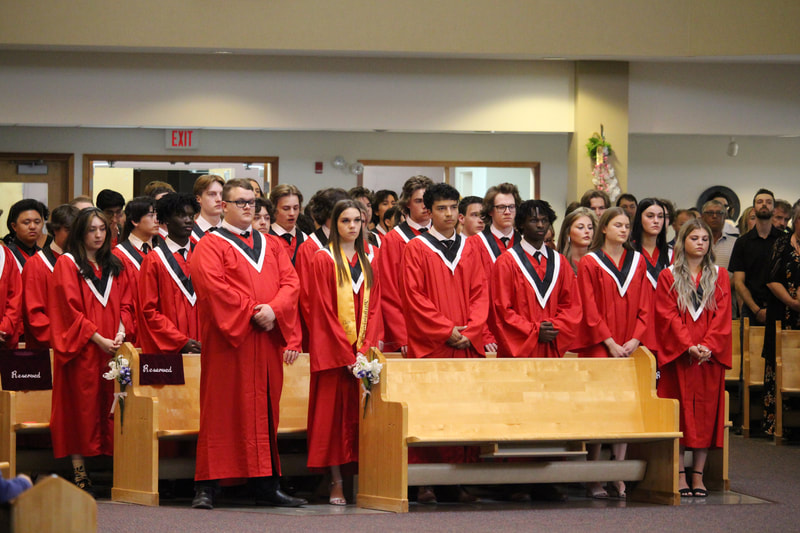

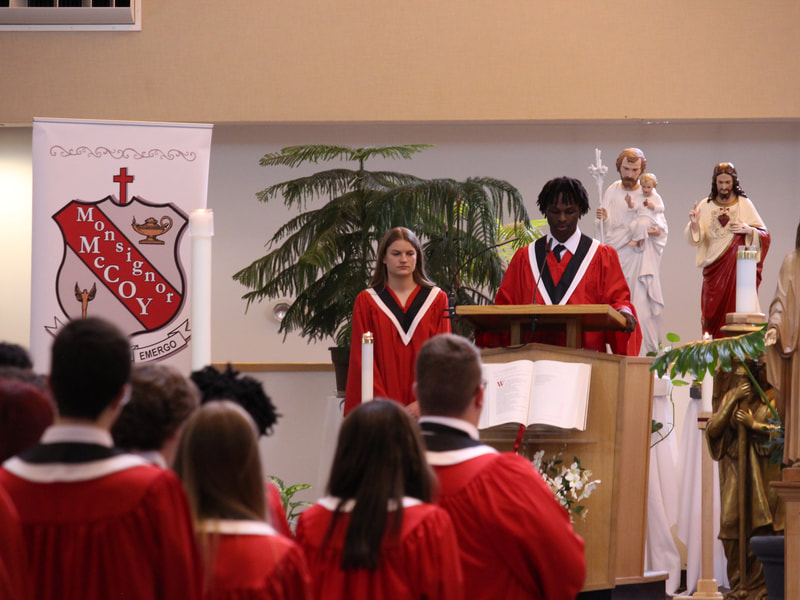
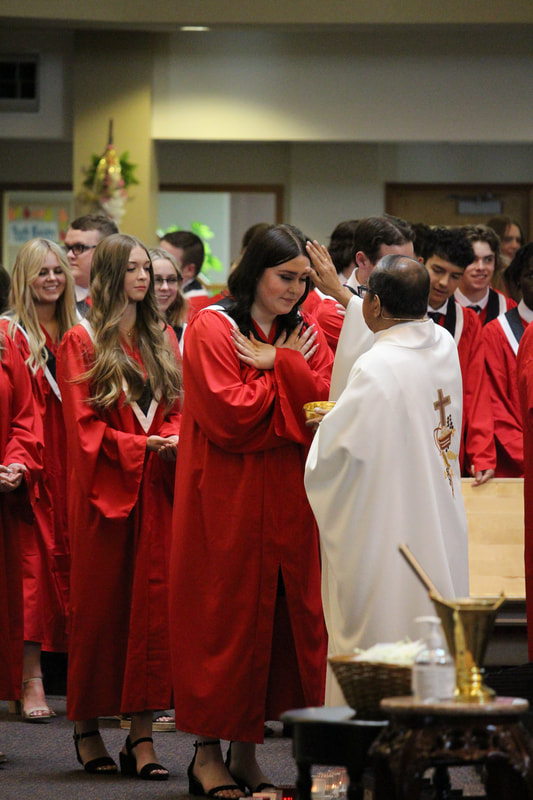
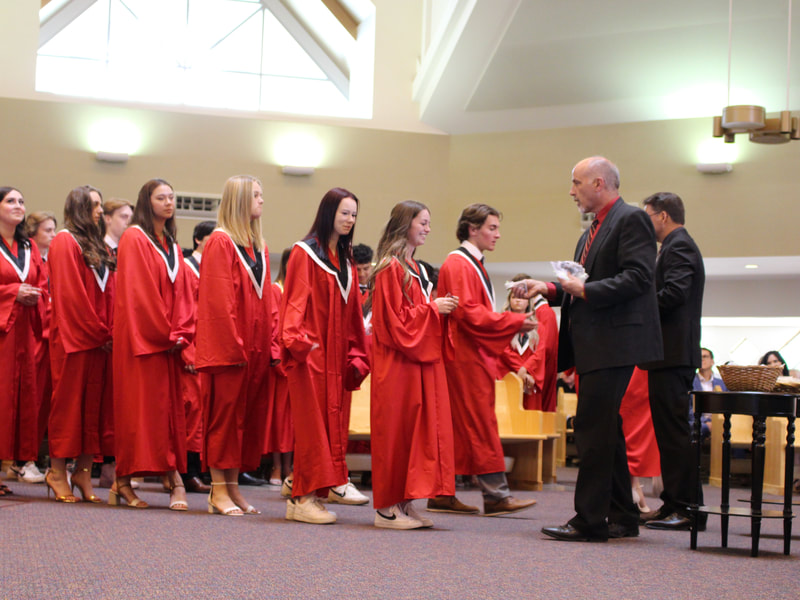
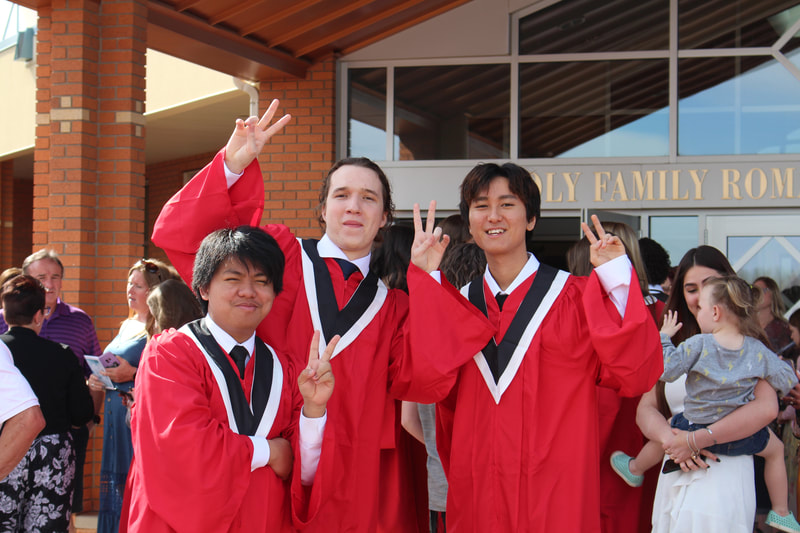
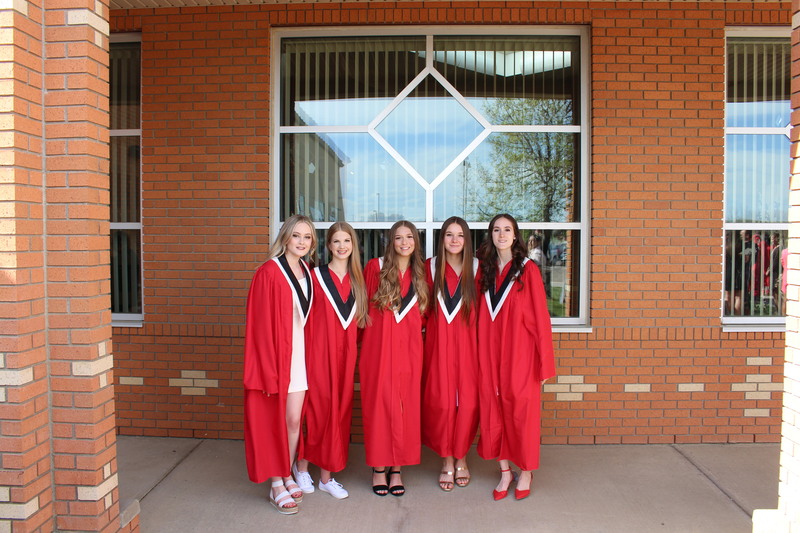
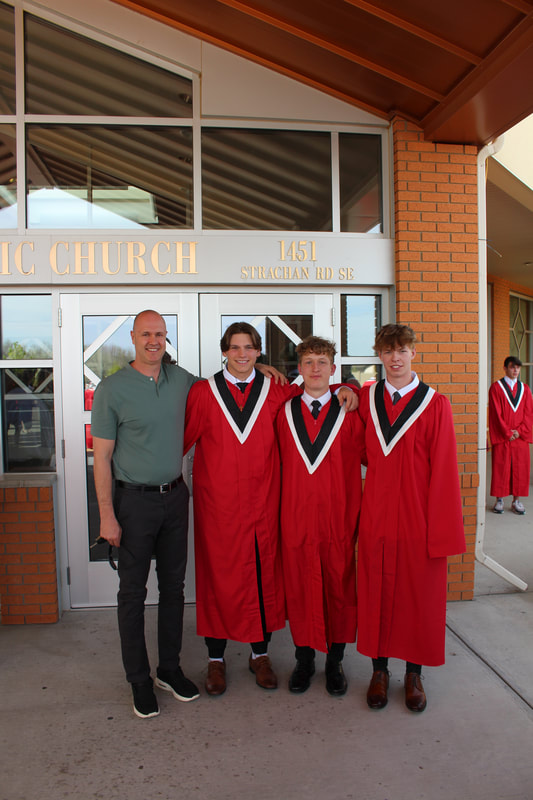
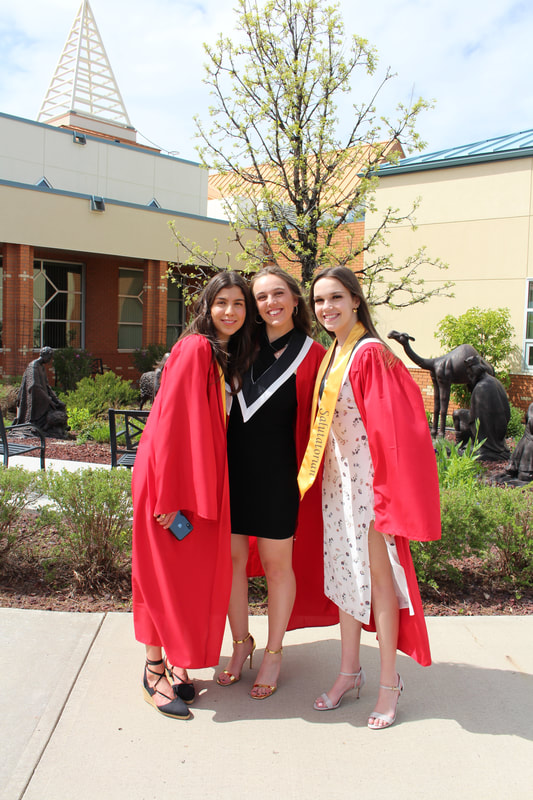
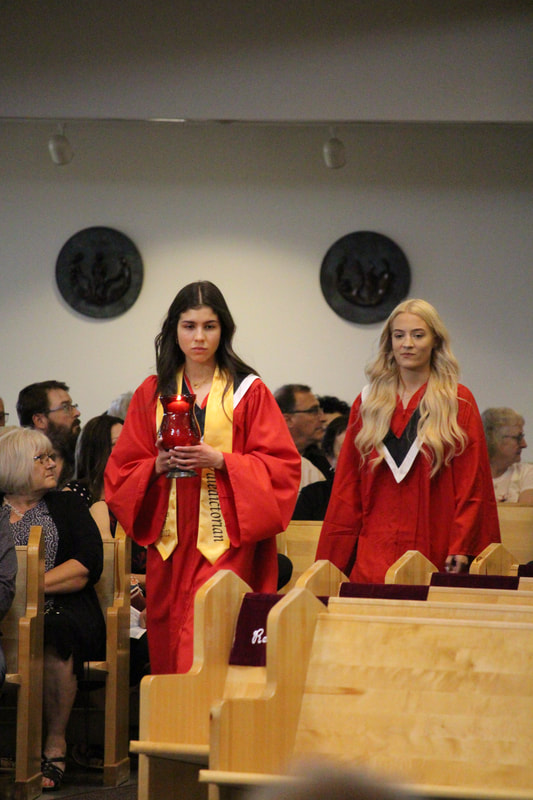
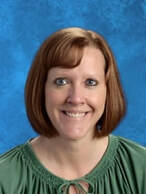
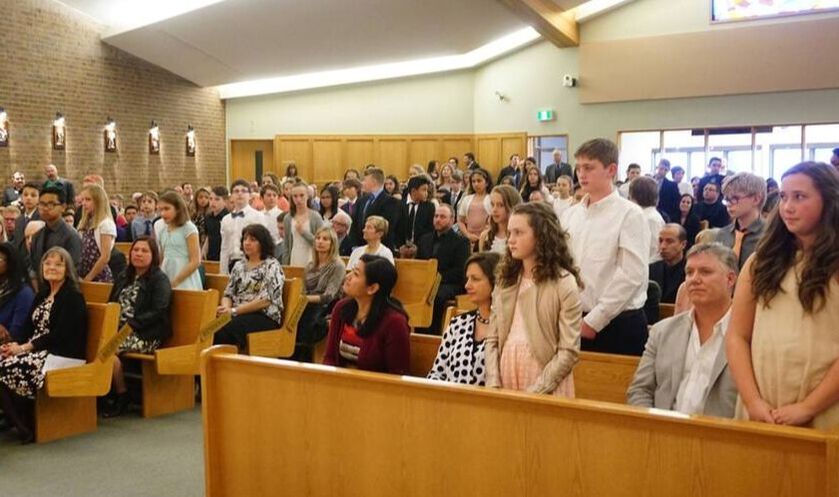
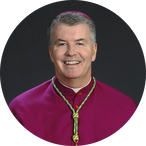
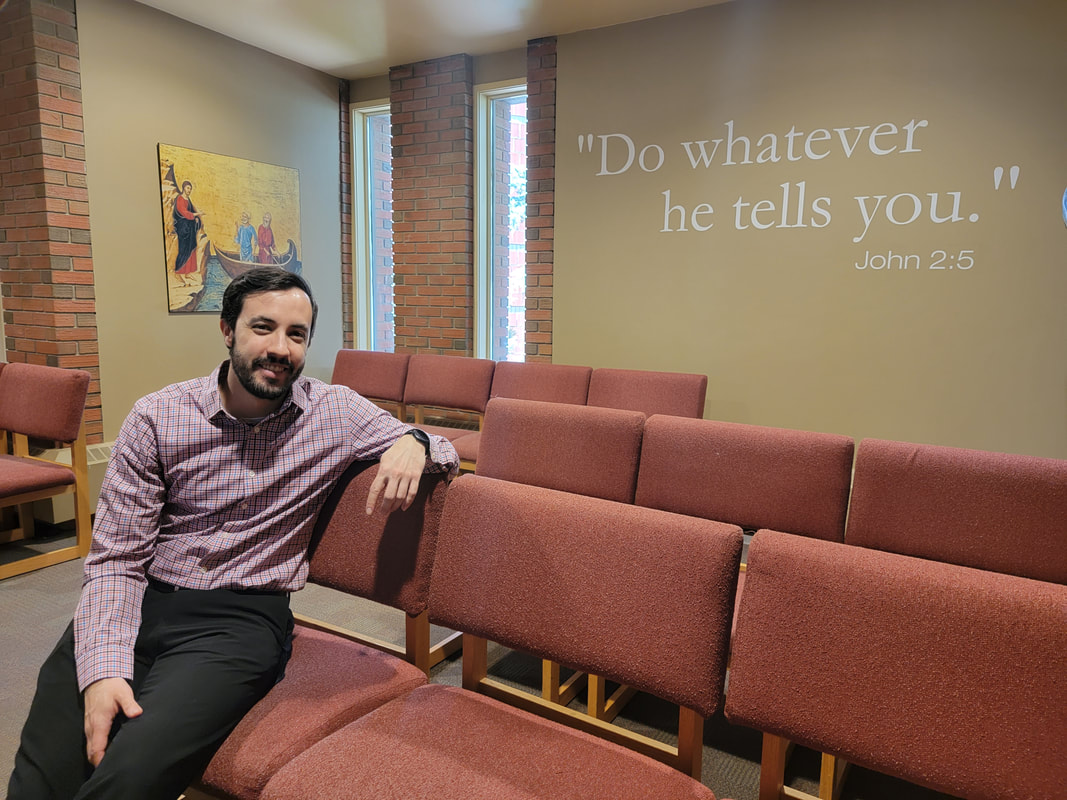
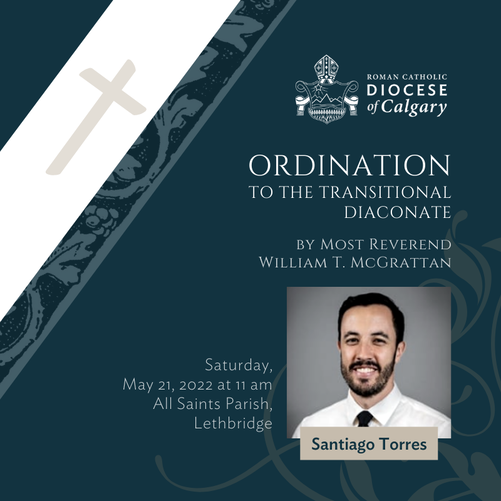
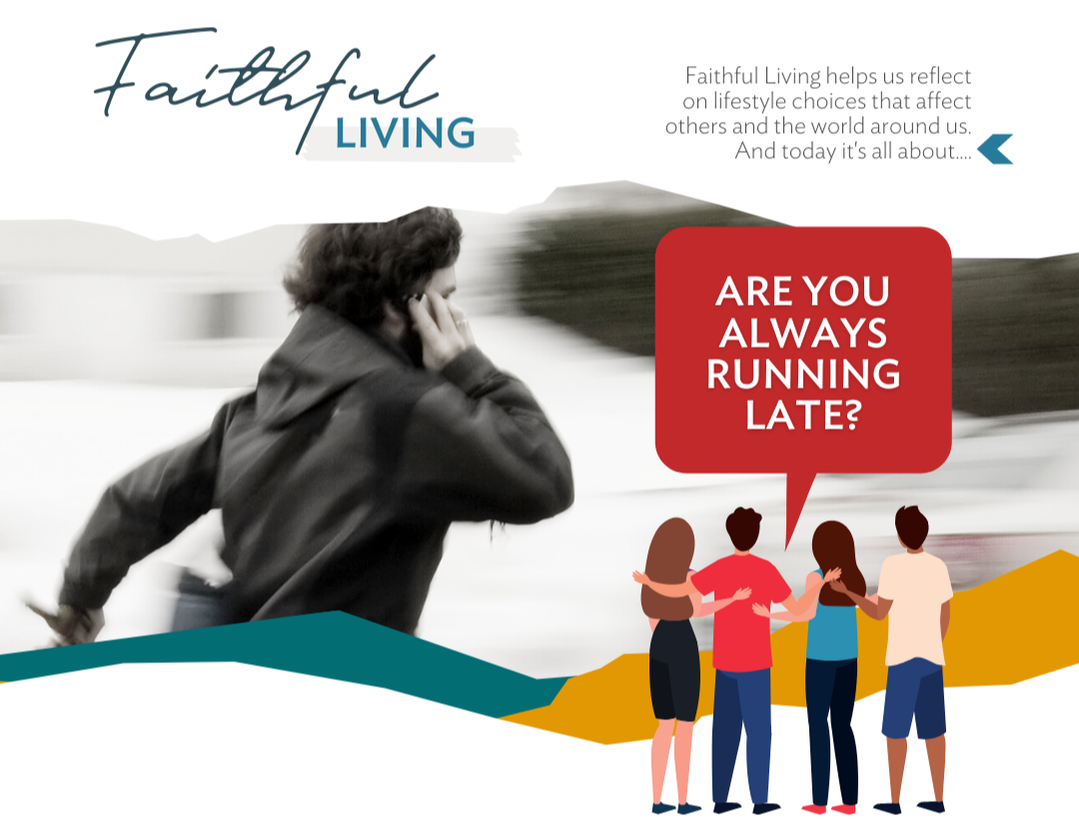
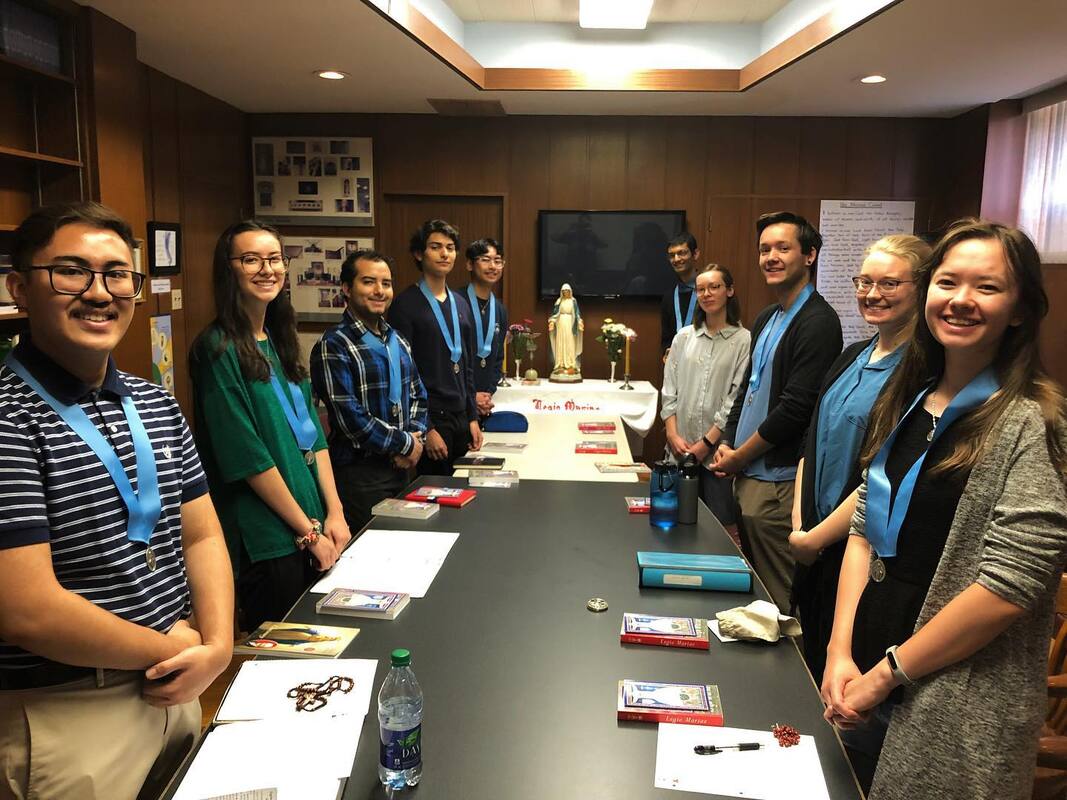
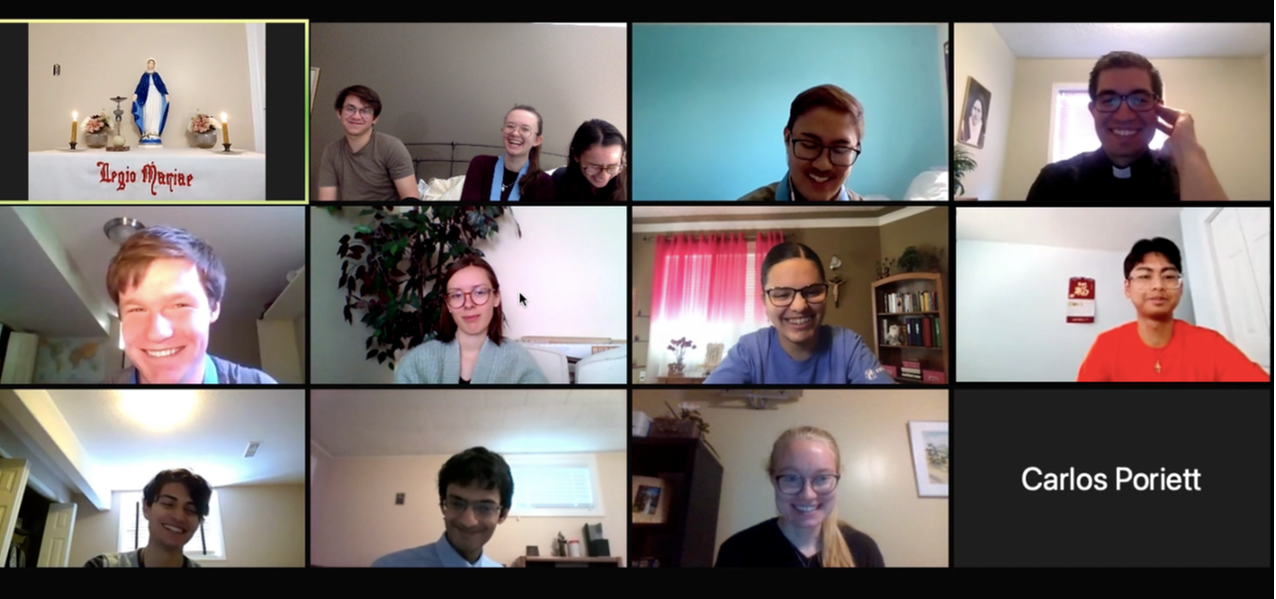
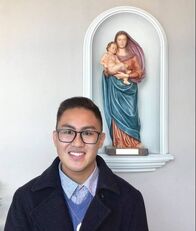
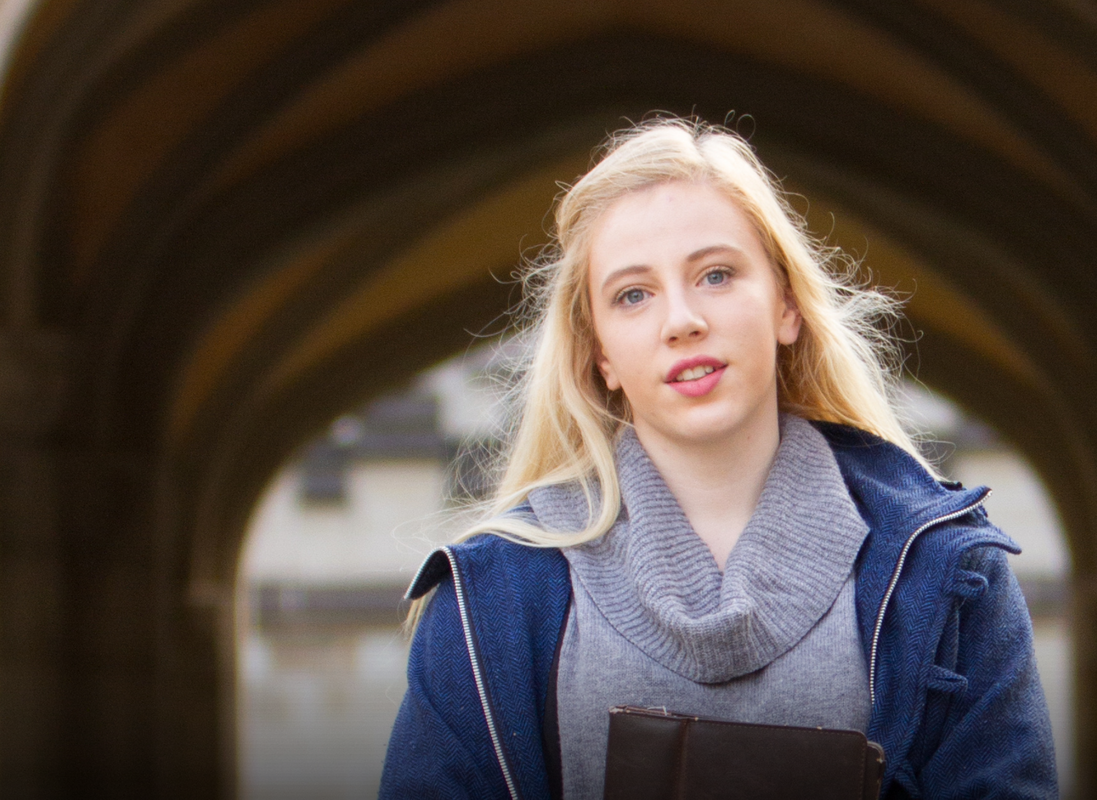

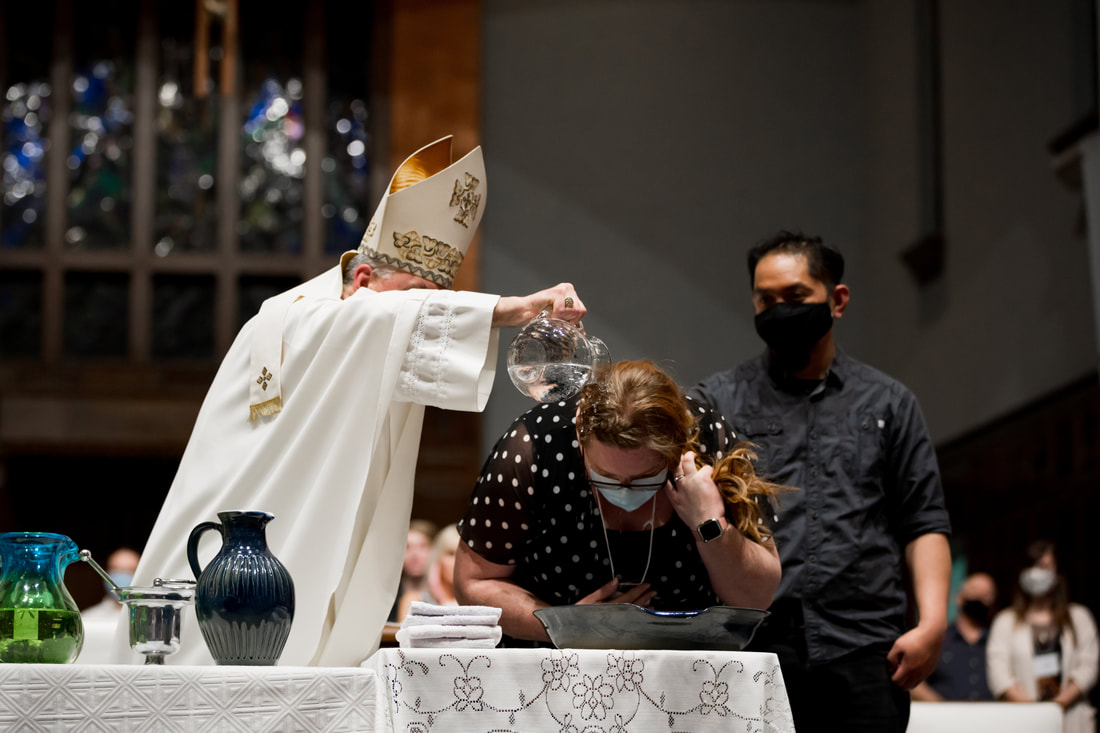
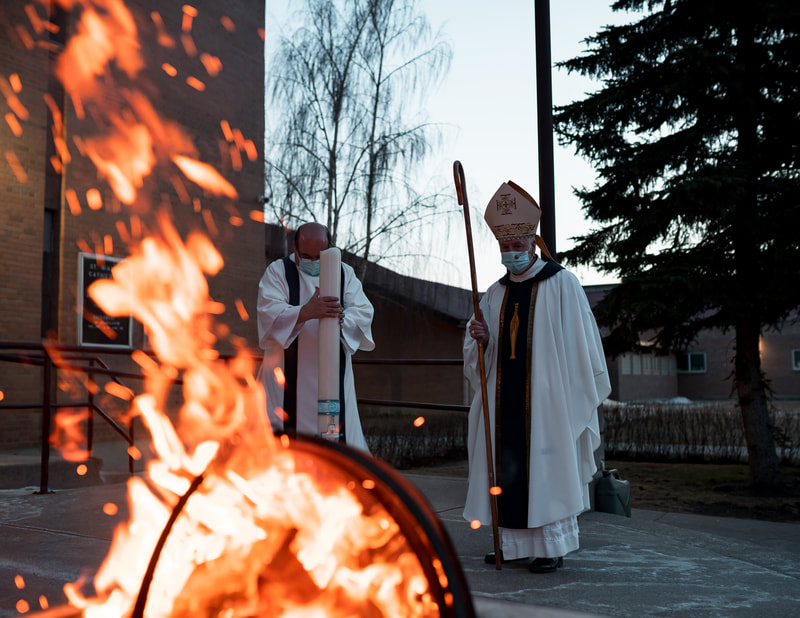
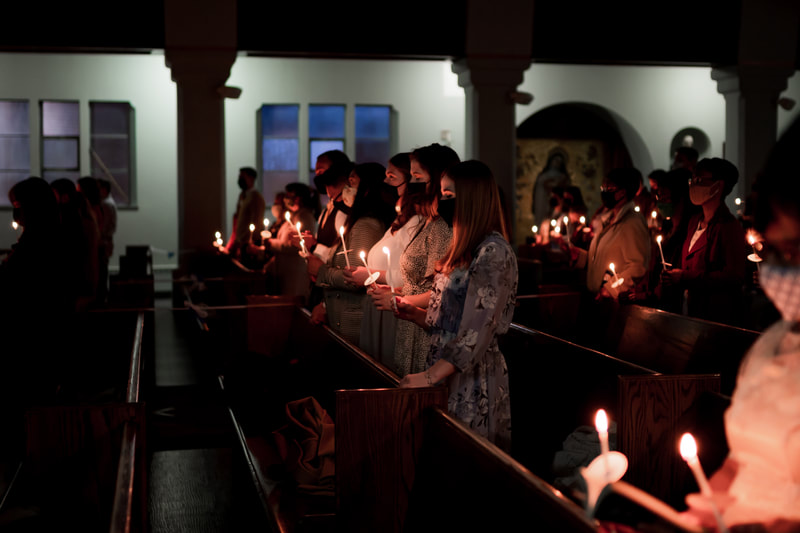
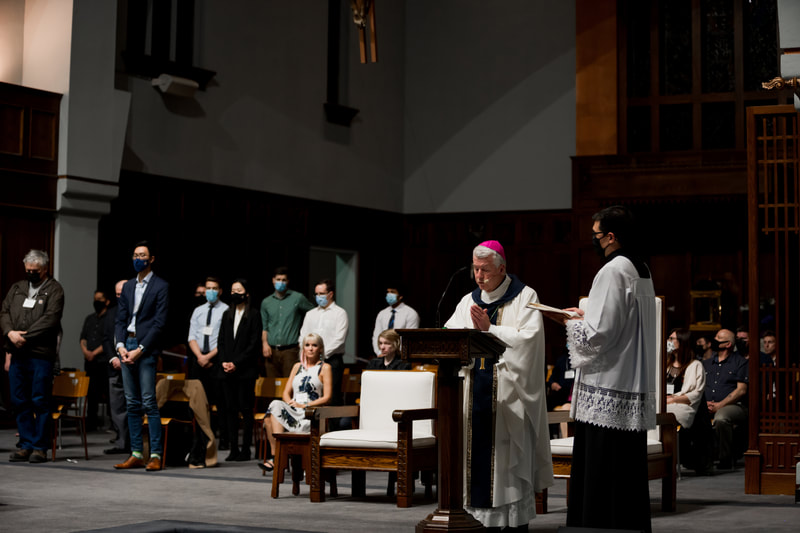
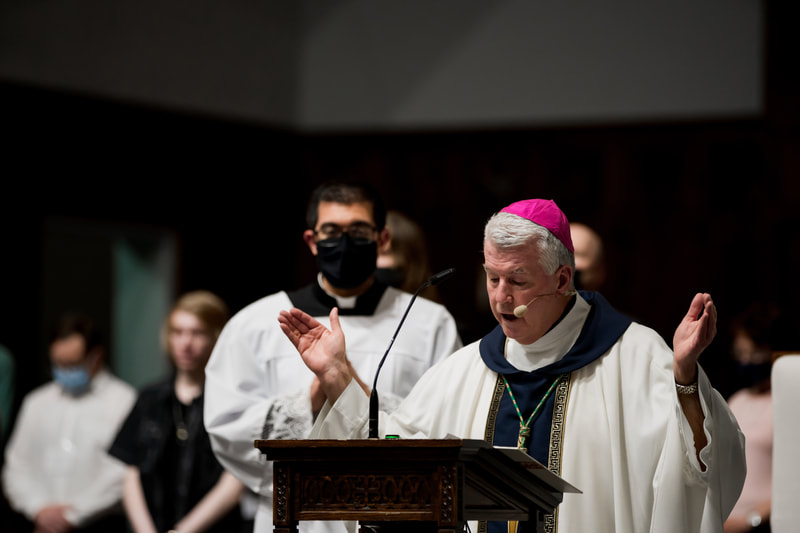
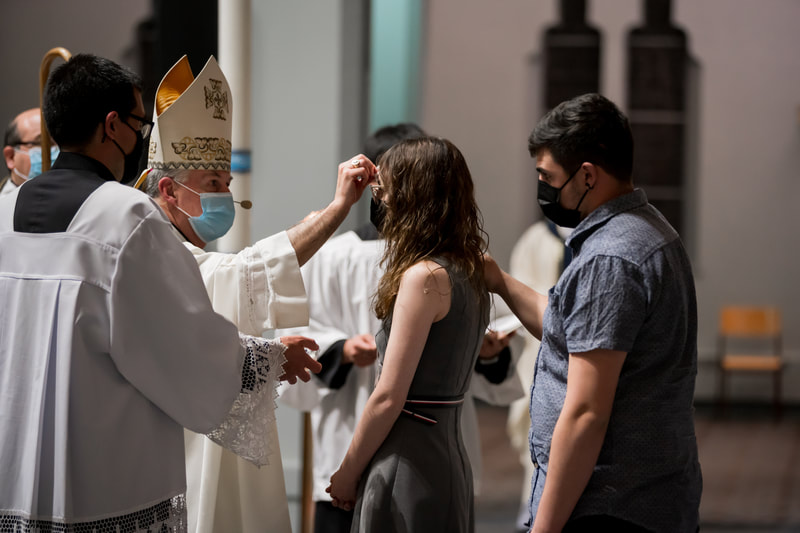
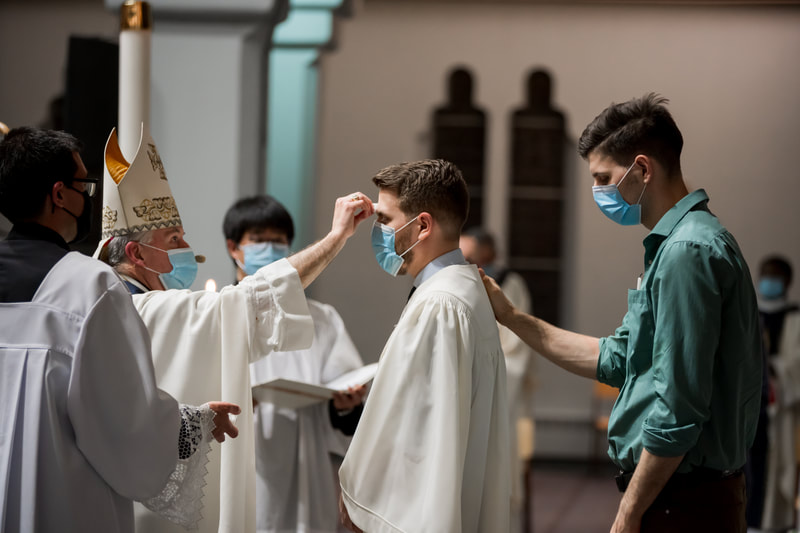
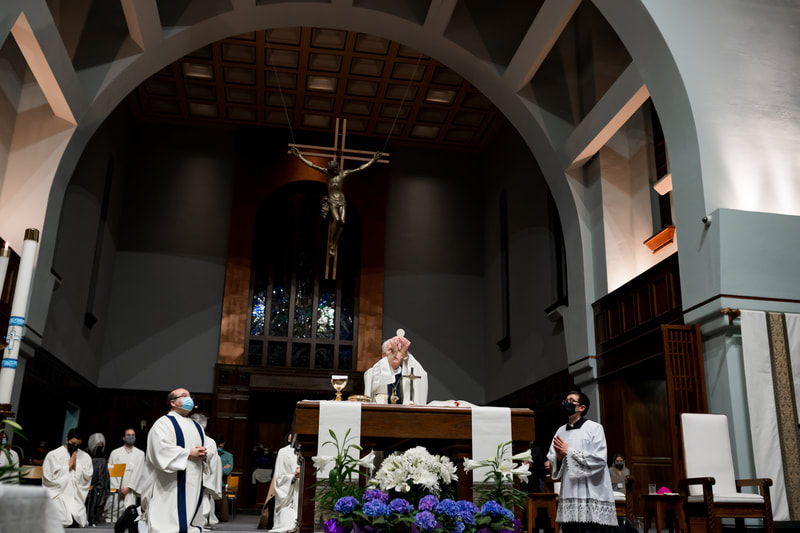
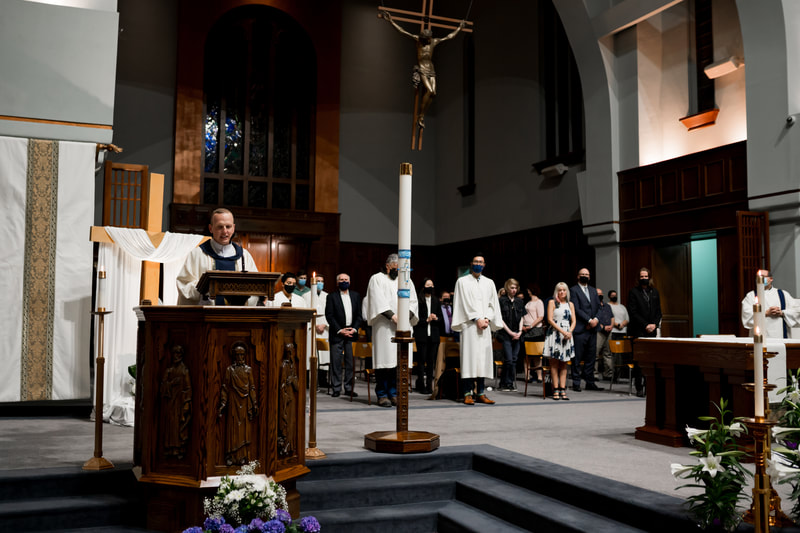
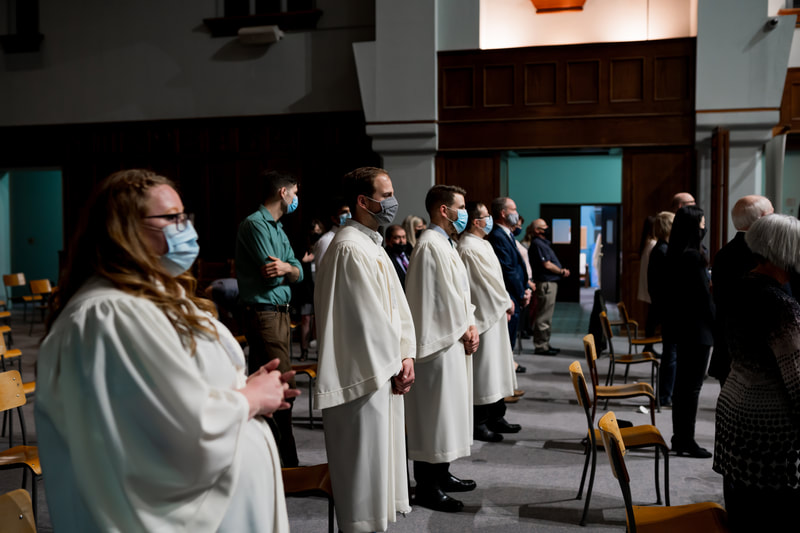
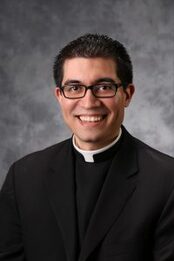
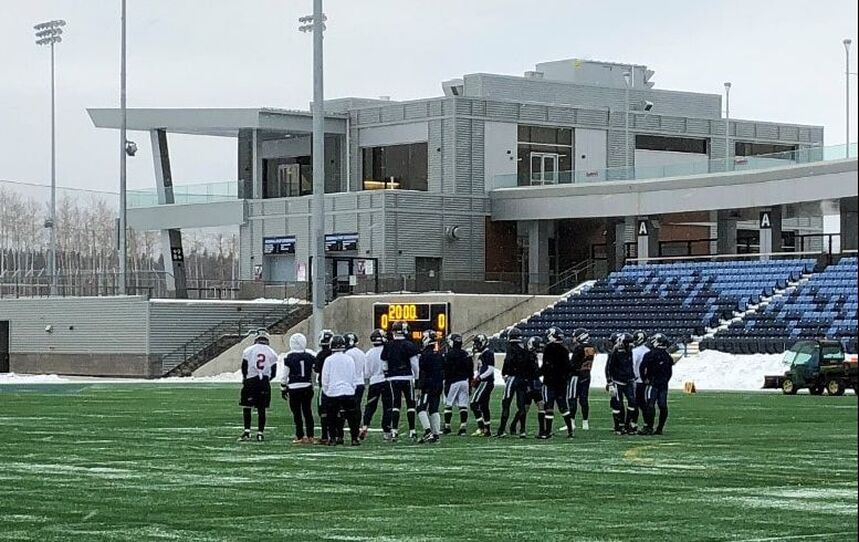
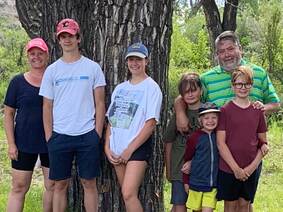

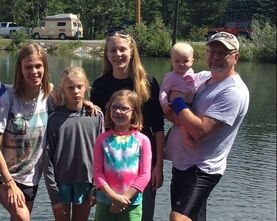
 RSS Feed
RSS Feed